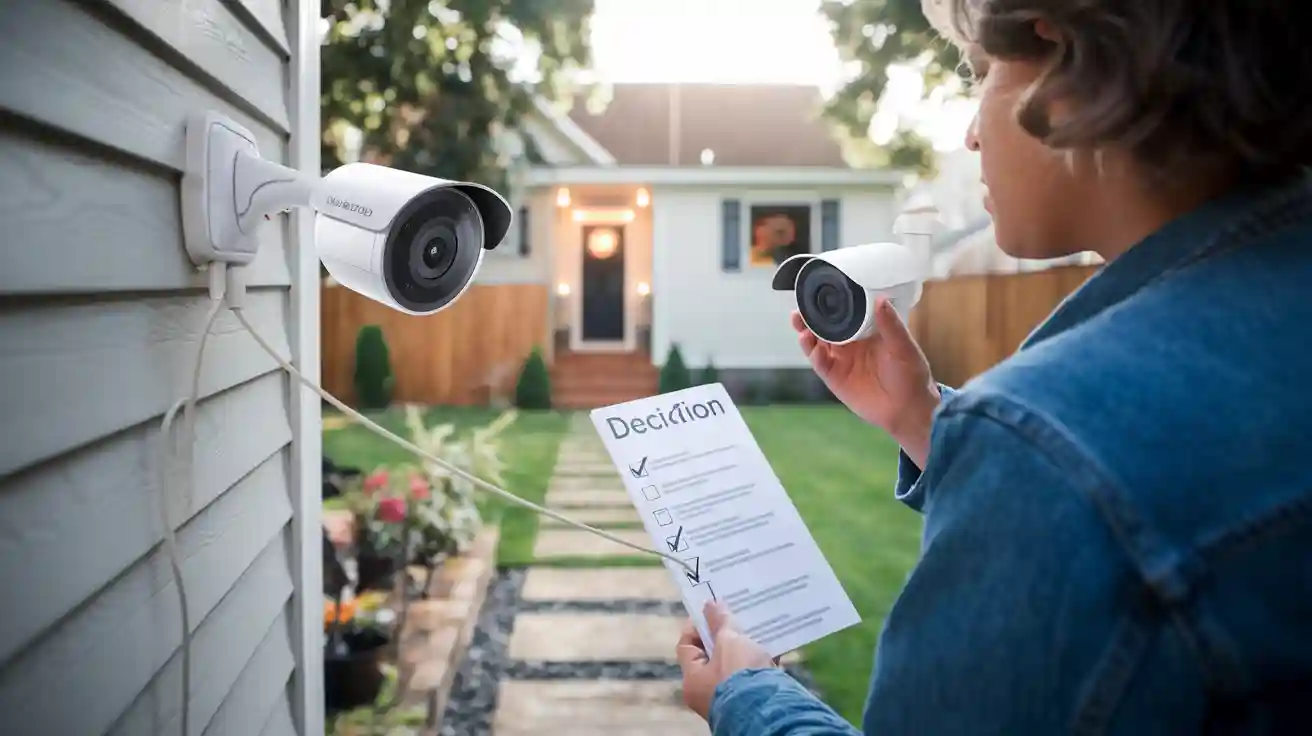
Choisir une caméra de sécurité extérieure peut sembler complexe. Vous souhaitez protéger votre maison, et vos besoins diffèrent peut-être de ceux de vos voisins. Les caméras filaires offrent une surveillance continue et des images nettes. Les caméras sans fil sont faciles à installer et à déplacer. Voici les principaux critères que prennent en compte les propriétaires lors du choix d'une caméra :
| Facteur | Ce que cela signifie pour vous |
|---|---|
| Facilité d'installation | Les caméras sans fil sont rapides à installer . Cela ne demande pas beaucoup d'efforts. |
| Flexibilité | Vous pouvez déplacer les caméras sans fil à tout moment. Vous pouvez les placer n'importe où. |
| Fiabilité | Les systèmes câblés restent connectés. Vous n'avez pas à vous soucier du Wi-Fi. |
| Esthétique | Les caméras sans fil sont plus esthétiques. Il n'y a pas de câbles disgracieux. |
| Protection à distance | Les caméras sans fil fonctionnent là où il n'y a pas d'alimentation électrique. Elles fonctionnent sans connexion internet. |
Le système W510 de Botslab illustre parfaitement les performances actuelles de la sécurité sans fil. Il offre des fonctionnalités intelligentes et est facile à installer.
Points clés à retenir
- Caméras filaires Elles offrent une connexion stable et des images nettes. Elles conviennent parfaitement aux personnes recherchant une sécurité durable. Les caméras sans fil sont faciles à installer et à déplacer. Elles sont idéales pour les locataires ou ceux qui souhaitent changer régulièrement l'emplacement de leurs caméras. Pensez à votre budget : les systèmes filaires sont plus onéreux à l'achat. Les caméras sans fil permettent de réaliser des économies sur l'installation et les factures mensuelles. Tenez compte de votre environnement. Choisissez des caméras résistantes aux intempéries pour l'extérieur. Elles seront ainsi plus durables même par mauvais temps. Réfléchissez à vos besoins. Les caméras filaires sont parfaitement adaptées aux grandes maisons nécessitant une couverture continue. Les caméras sans fil, quant à elles, offrent une installation rapide et des fonctionnalités intelligentes.
Types de caméras de sécurité extérieures
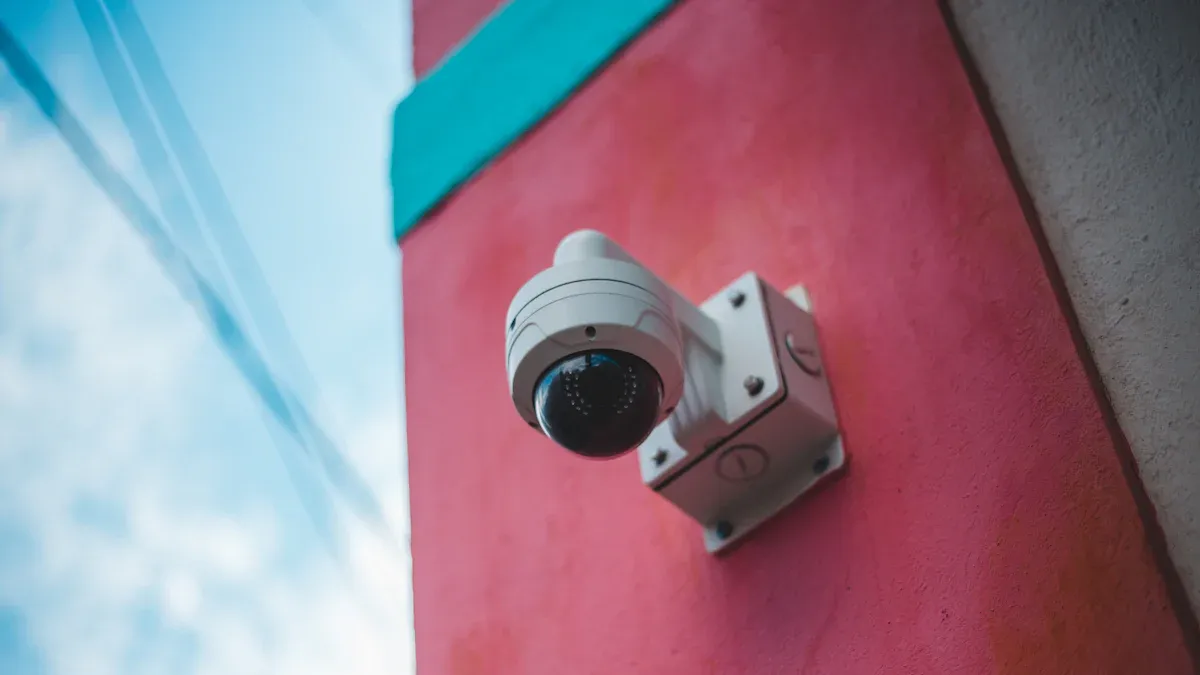
Caméras filaires
Les caméras de sécurité filaires sont utilisées depuis de nombreuses années. Elles se connectent à l'alimentation et à Internet par des câbles. Ce système assure une connexion stable et une vidéo nette. Les caméras de sécurité filaires sont souvent privilégiées dans les lieux nécessitant une protection renforcée.
Voici ce que vous trouverez dans un système de caméras de sécurité filaires :
| Composant | Description |
|---|---|
| Types de caméras de vidéosurveillance | Les caméras Bullet, Dôme, IP et PTZ répondent à différents besoins. |
| Stations de surveillance | Les écrans et les appareils vous permettent de regarder votre vidéo. |
| Câblage, alimentations et routeurs | Les câbles, les alimentations et les routeurs assurent le bon fonctionnement de l'ensemble. |
| Systèmes d'enregistrement vidéo | Les NVR stockent les vidéos des caméras IP. Les DVR stockent les vidéos des caméras analogiques. |
| Solutions de stockage de données | Les disques durs ou autres supports de stockage protègent vos vidéos. |
On trouve des caméras de sécurité filaires dans les entreprises et les maisons qui ont besoin d'un système toujours opérationnel. Plus besoin de s'inquiéter des problèmes de Wi-Fi ou des batteries déchargées. Les caméras filaires sont idéales si vous souhaitez des caméras fixes.
Caméras sans fil

Les caméras de sécurité sans fil vous offrent plus de flexibilité. Plus besoin de câbles dans les murs. Elles utilisent le Wi-Fi pour transmettre la vidéo à votre téléphone ou ordinateur. Vous pouvez les installer quasiment partout à l'extérieur.
Il existe différents types de caméras de sécurité sans fil. Certaines se branchent sur une prise secteur, d'autres fonctionnent sur piles ou avec des panneaux solaires. Voici quelques exemples d'alimentation pour les caméras sans fil :
- Branchez l'alimentation à une prise murale.
- Fonctionnant sur batterie, sans aucun fil.
- Alimentation solaire pour une sécurité écologique et sans fil
- Adaptateurs Power over Ethernet (PoE) pour l'alimentation et les données
- Batteries externes pour une utilisation à court terme
Vous pouvez déplacer les caméras sans fil dans votre jardin ou sur votre porche. Elles sont idéales pour les locataires ou les personnes qui souhaitent une installation facile. Système de batterie 4K à 4 caméras Botslab Advanced AI Tech W510 C'est un bon exemple. Cette caméra utilise le Wi-Fi, une batterie longue durée et l'énergie solaire. Vous bénéficiez d'une vidéo 4K nette, d'alertes intelligentes et d'aucun abonnement. Les systèmes de sécurité sans fil comme celui-ci vous permettent de protéger facilement votre maison.
Si vous recherchez une caméra de sécurité extérieure simple et flexible, les caméras sans fil sont peut-être la meilleure solution. Elles offrent une installation facile, une connexion Wi-Fi et la possibilité de les placer où vous le souhaitez.
Caméras de sécurité filaires vs sans fil : principales différences
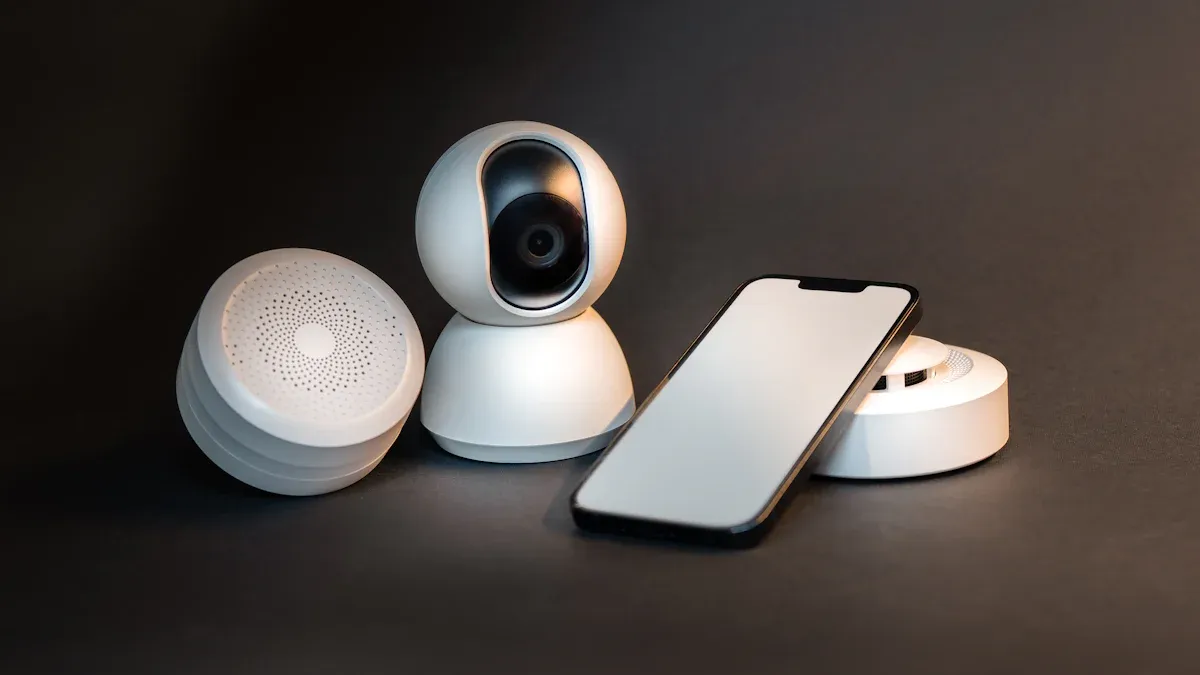
Installation
L'installation des caméras de sécurité diffère selon le type. Les caméras filaires nécessitent des câbles dans les murs ou les plafonds. Cela prend beaucoup de temps. Vous aurez peut-être besoin de l'aide d'un professionnel. Il vous faudra peut-être percer des trous pour les câbles. Bien planifier le passage des câbles est important. Cela peut paraître une tâche considérable. Les caméras sans fil sont beaucoup plus faciles à installer. Aucun câble n'est nécessaire. La plupart se connectent au Wi-Fi et fonctionnent rapidement. Leur installation ne prend que quelques minutes. Les déplacer est simple : il suffit de prendre la caméra et de la placer ailleurs. Botslab W510 C'est un bon exemple. Son installation est rapide et sans fil. Grâce au panneau solaire et à la batterie, aucune prise électrique n'est nécessaire.
| Type d'appareil photo | Complexité de l'installation | Temps d'installation |
|---|---|---|
| Câblé | Plus complexe en raison du câblage et du perçage | Cela prend du temps et peut nécessiter l'intervention d'un professionnel. |
| Sans fil | Installation simple, connexion Wi-Fi | Rapide et moins chronophage |
Fiabilité
La fiabilité est primordiale pour les caméras de sécurité. Les caméras filaires utilisent des câbles pour l'alimentation et les données. Elles restent connectées en permanence. Vous n'avez pas à vous soucier des problèmes de Wi-Fi. Les caméras filaires fonctionnent même par mauvais temps. Si vous ajoutez une alimentation de secours, elles continuent de fonctionner en cas de coupure de courant. Les caméras sans fil utilisent le Wi-Fi et des batteries. Si le signal Wi-Fi est faible ou si les conditions météorologiques sont mauvaises, vous risquez de perdre l'enregistrement vidéo. De nombreuses caméras sans fil, comme la Le Botslab W510 utilise des batteries performantes et des panneaux solaires. Il continue de fonctionner même en cas de coupure de courant. Un réseau Wi-Fi puissant est nécessaire pour une bonne couverture.
Conseil : Pour une meilleure fiabilité, placez les caméras sans fil près de votre routeur ou utilisez un répéteur Wi-Fi.
Qualité d'image
La qualité d'image permet de distinguer les visages et les détails. Les caméras filaires offrent souvent une meilleure qualité vidéo grâce à leurs câbles. On obtient des images nettes et précises avec un temps de latence réduit. Les caméras sans fil se sont considérablement améliorées. Nombre d'entre elles sont désormais équipées de plusieurs caméras filaires. Résolution 4K, comme les caméras filaires. La caméra Botslab W510 offre une vidéo 4K ultra-nette de 8 mégapixels. Vous percevez chaque détail, de jour comme de nuit. Sa haute qualité vidéo permet de couvrir de vastes zones et de distinguer les détails. Les deux modèles offrent une excellente qualité d'image. Consultez toujours les spécifications avant d'acheter.
- Résolutions typiques des appareils photo :
- 720p (idéal pour les petits espaces)
- 1080p (image nette pour la plupart des foyers)
- 4K (idéal pour les grands jardins et une qualité d'image supérieure)
Entretien
Les caméras filaires nécessitent peu d'entretien. Une fois installées, vous n'avez plus à vous soucier des piles : elles fonctionnent tant qu'elles sont alimentées. Les caméras sans fil nécessitent plus d'entretien. Il faut vérifier les piles et les recharger ou les remplacer. Certaines caméras sans fil, comme la Botslab W510, utilisent des panneaux solaires. Cela permet de maintenir la batterie chargée et vous simplifie la vie. Si vous souhaitez une caméra fiable et sans souci, optez pour un modèle doté d'une longue autonomie ou d'un système de recharge solaire.
- Caméras filaires : aucun changement de pile nécessaire.
- Caméras sans fil : vérifiez et rechargez les piles tous les 1 à 6 mois, sauf si elles sont alimentées à l’énergie solaire.
Coût
Le coût est un facteur important dans le choix de caméras de sécurité. Les caméras filaires sont plus onéreuses à installer : câbles, outils et éventuellement intervention d'un professionnel. Le prix total peut donc être élevé. Les caméras sans fil, quant à elles, sont moins chères à installer. Pas de frais de câblage ni de technicien : vous achetez la caméra et l'installez vous-même. Certaines caméras sans fil, comme la Botslab W510, n'imposent pas de frais mensuels si elles utilisent un stockage local. D'autres marques facturent le stockage cloud, ce qui représente un coût non négligeable à long terme.
| Type d'appareil photo | Coût d'installation | Coût des matériaux | Coût total |
|---|---|---|---|
| Câblé | 2 000 $ - 8 000 $ | 500 $ - 2 000 $ | 1 000 $ - 8 000 $ |
| Sans fil | 340 $ | 818 $ | 1 158 $ |
- Certaines caméras sans fil facturent entre 3 et 10 dollars par mois pour le stockage dans le nuage.
- Les caméras filaires peuvent avoir un coût initial plus élevé, mais moins de frais d'entretien.
Flexibilité
Les caméras sans fil offrent une grande flexibilité. Vous pouvez les déplacer librement dans votre jardin ou sur votre terrasse. En cas de déménagement, vous pouvez les emporter avec vous. Ajouter des caméras est un jeu d'enfant : pas besoin de nouveaux câbles ni de percer. Les caméras filaires sont plus difficiles à déplacer. Une fois installées, elles restent en place. En ajouter implique donc plus de câbles et de travaux. Si vous souhaitez un système évolutif, les caméras sans fil sont la solution idéale.
| Fonctionnalité | Caméras filaires | Caméras sans fil |
|---|---|---|
| Installation | Complexe, nécessite un professionnel | Simple et facile pour tous |
| Déménagement | Dur, fixé en place | Facile, déménagez quand vous voulez |
| Expansion | Coûteux, nécessite plus de câblage | Flexible, ajoutez facilement des caméras |
Remarque : Les systèmes filaires peuvent prendre en charge plusieurs caméras avec un seul câble, mais les systèmes sans fil peuvent avoir des limites en fonction de votre réseau Wi-Fi.
Les caméras sans fil comme la Botslab W510 offrent des fonctionnalités intelligentes et une installation facile. Elles bénéficient de la détection par IA, de l'alimentation solaire et du stockage local. Aucun abonnement mensuel n'est requis. Les caméras de sécurité sans fil constituent un choix judicieux pour de nombreux foyers.
Caméra filaire : avantages et inconvénients
Avantages
Les caméras de sécurité filaires offrent de nombreux avantages pour une protection optimale de votre domicile. Grâce à l'utilisation de câbles pour l'alimentation et les données, la connexion est stable. Vous n'avez donc pas à vous soucier des interruptions Wi-Fi ou des batteries faibles. Les caméras filaires offrent souvent une qualité d'image supérieure. Vous pouvez distinguer clairement les visages et les détails, même la nuit. Vous pouvez installer un système de caméras de sécurité filaires couvrant l'intégralité de votre jardin. Une fois installées, ces caméras fonctionnent en toute tranquillité, sans nécessiter de déplacements ni de surveillance fréquente.
Voici quelques raisons pour lesquelles les gens choisissent des caméras de sécurité filaires :
- Vous bénéficiez d'une connexion fiable qui ne dépend pas du Wi-Fi.
- La qualité vidéo reste élevée, même par mauvais temps.
- Les caméras filaires sont idéales pour les grandes propriétés ou les endroits comportant de nombreuses caméras.
- Vous n'avez pas besoin de recharger les batteries.
- Les caméras de sécurité filaires peuvent être connectées à un dispositif d'enregistrement central, ce qui permet de stocker de nombreuses séquences vidéo.
Conseil : Si vous souhaitez une caméra qui fonctionne en permanence et offre une vidéo nette, les caméras de sécurité filaires sont une bonne option. choix judicieux .
Cons
Les caméras de sécurité filaires présentent aussi certains inconvénients qu'il est important de connaître. Leur installation peut s'avérer longue et fastidieuse. Il peut être nécessaire de percer des trous et de faire passer des câbles à travers les murs ou les plafonds. Parfois, l'intervention d'un professionnel est indispensable pour la mise en place du système. Enfin, si vous souhaitez déplacer une caméra, vous devrez à nouveau gérer les câbles.
De nombreux utilisateurs signalent ces problèmes courants :
- Les interférences de boucle de masse peuvent perturber votre vidéo ou même empêcher la caméra de fonctionner.
- Vous pourriez voir des messages d'erreur, des parasites ou du bruit dans le flux vidéo.
- Ces problèmes surviennent souvent lorsque les câbles ne sont pas gérés ou installés correctement.
- Une fois installées, les caméras filaires sont difficiles à déplacer.
- En cas de coupure de courant, les caméras risquent de cesser de fonctionner, sauf si vous disposez d'une alimentation de secours.
Si vous souhaitez plus de flexibilité ou prévoyez de déménager prochainement, vous pourriez envisager d'autres options de caméras de sécurité extérieures.
Caméra sans fil : avantages et inconvénients
Avantages
Les caméras de sécurité sans fil sont faciles à utiliser pour la plupart des gens. Nul besoin de passer des câbles dans les murs ou le plafond. La plupart des caméras sans fil s'installent en moins de 20 minutes. Si vous souhaitez déplacer votre caméra, il vous suffit de la soulever et de la placer ailleurs. Vous pouvez ainsi facilement surveiller plusieurs zones de votre maison.
Voici quelques exemples principaux avantages :
| Avantage | Description |
|---|---|
| Facilité d'installation | Vous pouvez installer vous-même la plupart des caméras sans fil. Vous n'avez pas besoin d'un professionnel. |
| Flexibilité en matière de placement | Vous pouvez installer des caméras n'importe où, même dans des endroits difficiles d'accès. |
| Accessibilité | De nombreuses caméras sans fil coûtent moins cher et conviennent à de nombreux budgets. |
| Fonctionnalités avancées | Vous bénéficiez de fonctionnalités telles que les alertes de mouvement et la communication bidirectionnelle. |
| Dissuasion active | Certaines caméras sont équipées de sirènes qui font fuir les intrus. |
Le Système de batterie 4K à 4 caméras Botslab Advanced AI Tech W510 Ce système de sécurité sans fil est excellent. Il offre une vidéo 4K d'une netteté exceptionnelle, vous permettant de tout voir. La caméra utilise l'intelligence artificielle pour détecter les personnes, les véhicules et les animaux domestiques. Aucun abonnement mensuel n'est requis, car les vidéos sont enregistrées directement sur la caméra. Sa batterie et son panneau solaire assurent une alimentation continue même en cas de coupure de courant. Vous pouvez tout contrôler depuis votre smartphone. Si vous recherchez une solution simple pour moderniser votre système de sécurité extérieur, les caméras sans fil comme la W510 sont un choix judicieux.
Conseil : Les caméras de sécurité sans fil sont idéales pour les locataires, les familles occupées ou toute personne souhaitant une protection simple et sans fil.
Cons
Les caméras de sécurité sans fil ont Voici quelques problèmes que vous devriez connaître .
- De nombreuses caméras sans fil ne durent pas longtemps ou ne fonctionnent pas bien.
- Les appareils photo à piles nécessitent des recharges ou des remplacements de piles fréquents. Cela peut empêcher votre appareil de fonctionner.
- Les appareils photo équipés de panneaux solaires peuvent ne pas fonctionner correctement par temps nuageux ou la nuit.
- Certaines caméras sans fil ne sont pas toujours alimentées, elles peuvent donc ne pas être optimales pour les besoins de haute sécurité.
- De nombreuses caméras sans fil utilisent des applications cloud qui peuvent être lentes ou ne pas fonctionner correctement.
- Certaines marques vous facturent un abonnement mensuel pour l'enregistrement de vos vidéos, ce qui peut faire qu'elles coûtent plus cher que les caméras filaires sur le long terme.
Pour choisir la meilleure caméra de sécurité extérieure, réfléchissez à vos besoins et examinez toutes les options disponibles. Les caméras sans fil offrent une grande flexibilité, mais les caméras filaires restent une solution adaptée à de nombreux foyers.
Lequel est le meilleur pour vous ?
Choisir des caméras de sécurité filaires ou sans fil peut s'avérer complexe. Vous souhaitez la meilleure solution pour votre maison et votre budget. Examinons différentes situations pour vous aider à faire votre choix.
Propriétaires vs Locataires
Êtes-vous propriétaire ou locataire ? Cela a son importance au moment de choisir un appareil photo.
- Si vous êtes propriétaire, vous souhaitez un système durable. Les caméras filaires sont un bon choix car :
- Vous obtenez Vidéo stable tous les jours .
- La vidéo reste nette pendant des années.
- Vous pouvez dépenser plus puisque vous comptez rester.
- Si vous êtes locataire, il vous faut un système facile à déplacer. Les caméras sans fil sont pratiques car :
- Toi Installez-les rapidement, sans trous .
- Vous pourrez les emporter lors de votre déménagement.
- Vous ne risquez pas votre caution puisque vous n'endommagez pas les murs.
Conseil : Botslab W510 Idéal pour les locataires : facile à installer, sans fil et portable.
Grandes propriétés
Vous avez un grand jardin ou une grande maison ? Couvrir chaque recoin peut s’avérer difficile.
- Les caméras filaires offrent une Connexion stable . Aucune perte de signal vidéo. Idéales pour les grandes maisons ou les lieux équipés de nombreuses caméras.
- Les caméras sans fil sont plus faciles à installer. Vous pouvez les placer n'importe où, même à distance. Elles utilisent des ondes radio, vous n'avez donc pas à vous soucier de la longueur des câbles. Assurez-vous simplement que votre connexion Wi-Fi est performante partout.
Voici ce à quoi vous pourriez être confronté :
- Les grands jardins nécessitent des connexions solides et une bonne planification.
- Les systèmes câblés sont fiables mais plus difficiles à installer.
- Les systèmes sans fil sont flexibles mais peuvent nécessiter des répéteurs Wi-Fi.
Remarque : Le Botslab W510 offre une longue portée et une installation facile. Il est idéal pour les grands jardins.
Accès à distance
Vous souhaitez consulter vos caméras à distance ? Les deux types de caméras le permettent, mais leur fonctionnement diffère.
| Fonctionnalité | Caméras de sécurité filaires | Caméras de sécurité sans fil |
|---|---|---|
| Fiabilité | Très stable, peu d'interférences | Peut présenter des problèmes de signal |
| Installation | Plus difficile, nécessite des câbles | Facile, sans câbles nécessaires |
| Alimentation | Toujours allumé, sans souci de batterie | Nécessite une vérification de la batterie |
| Qualité vidéo | Haute, moins compressée | Cela dépend de la puissance du signal Wi-Fi. |
| Flexibilité | Reste au même endroit | Déplacez-le n'importe où |
| Risques liés à la sécurité | Plus difficile à pirater | Nécessite des mots de passe robustes pour des raisons de sécurité. |
Les caméras sans fil comme la Botslab W510 vous permettent de visionner des vidéos en direct sur votre téléphone. Vous recevez des alertes, vous voyez ce qui se passe et vous pouvez parler à travers la caméra.
Budget
Le budget est un facteur important dans le choix d'un appareil photo. Voici un tableau comparatif simple :
| Type d'appareil photo | Avantages | Inconvénients |
|---|---|---|
| Câblé | entretien minimal | Installation difficile, coût initial plus élevé |
| Sans fil | Facile à installer | Nécessite une vérification de la batterie, peut s'arrêter en cas de coupure de courant |
Les caméras filaires coûtent plus cher à installer car elles nécessitent des câbles et parfois de l'aide. Les caméras sans fil, comme la Botslab W510, sont moins onéreuses à installer. Vous pouvez le faire vous-même et, si vous utilisez un stockage local, vous n'avez pas de frais mensuels à payer.
Conseil : Si vous souhaitez économiser de l’argent et éviter les factures mensuelles, choisissez des caméras sans fil avec stockage local.
Environnement
Votre lieu de résidence influe sur le fonctionnement de vos caméras. Les caméras extérieures doivent résister à toutes les conditions météorologiques.
| Conditions environnementales | Que rechercher |
|---|---|
| Températures extrêmes | Caméras fonctionnant par temps chaud et froid |
| Pluie ou neige | Conception résistante aux intempéries |
| Lumière du soleil (rayons UV) | matériaux résistants aux UV |
| Vents forts | Construction robuste, ne s'envolera pas. |
| Corrosion | Pièces antirouille |
| Résilience sans fil | Pas de fils électriques apparents, moins de risques en cas d'orage. |
Les caméras sans fil sont souvent Elles fonctionnent mieux par mauvais temps . Elles n'ont pas de fils susceptibles d'être endommagés. Botslab W510 Il est résistant aux intempéries et utilise l'énergie solaire, vous n'avez donc pas à vous soucier de la pluie ou de la neige.
Alors, quelle est la meilleure solution pour vous ? Si vous souhaitez un système fixe, offrant une vidéo nette et que vous êtes propriétaire de votre domicile, les caméras filaires sont un excellent choix. Si vous privilégiez la simplicité d'installation, la flexibilité et les fonctionnalités intelligentes, les caméras sans fil comme la Botslab W510 sont idéales. Réfléchissez à vos besoins, à votre propriété et à votre budget. Vous trouverez la caméra qui vous apportera la tranquillité d'esprit.
Idées fausses courantes
Mythes sur la sécurité sans fil
Vous avez peut-être entendu des choses fausses au sujet des caméras de sécurité sans fil. Parlons des plus grands mythes. Certains pensent Les systèmes de sécurité sans fil sont-ils faciles à pirater ? C’est faux. La plupart des nouvelles caméras sans fil utilisent un cryptage robuste, comme l’AES, pour garantir la sécurité de vos vidéos. Certains pensent que les caméras sans fil sont moins fiables que les caméras filaires. Pourtant, de nombreuses caméras sans fil sont équipées de batteries de secours et de fonctionnalités intelligentes pour assurer leur fonctionnement continu. D’autres estiment que les caméras de sécurité sans fil coûtent trop cher. Or, vous pouvez faire des économies car vous n’avez pas besoin de payer un installateur. Certains craignent que les caméras sans fil ne couvrent pas de grandes surfaces. De nombreux systèmes sans fil permettent d’ajouter des caméras ou d’utiliser des répéteurs pour une meilleure couverture. Certains pensent que les caméras de sécurité sans fil sont difficiles à installer. La plupart sont conçues pour une installation facile, même par soi-même. D’autres affirment qu’une connexion internet très haut débit est indispensable pour les caméras sans fil. La plupart fonctionnent parfaitement avec une connexion internet classique. D’autres encore craignent que les caméras de sécurité sans fil soient faciles à désactiver. Ces caméras sont équipées d’une alimentation de secours et de signaux cryptés pour empêcher toute tentative de sabotage.
Conseil : Si vous souhaitez une caméra simple d'utilisation qui assure la sécurité de votre domicile, les caméras de sécurité sans fil sont un choix judicieux.
Mythes liés à l'installation câblée
Vous pourriez également entendre des choses fausses au sujet des caméras de sécurité filaires. Voici un tableau récapitulatif pour vous aider à y voir plus clair :
| Idée fausse | Clarification |
|---|---|
| Les systèmes de caméras de sécurité extérieures sont trop chers. | De nombreuses caméras, avec ou sans fil, sont désormais abordables. L'investissement initial est peut-être plus important, mais vous réaliserez des économies à long terme. |
| Si vous habitez dans un quartier sûr, vous n'avez pas besoin de système de sécurité. | La criminalité peut survenir n'importe où. Les caméras de sécurité contribuent à protéger chaque foyer, même dans les quartiers les plus tranquilles. |
| Les systèmes de caméras de sécurité domestiques sont compliqués à utiliser. | La plupart des caméras de sécurité filaires actuelles sont faciles à utiliser. Vous pouvez souvent les contrôler depuis votre téléphone. |
| Un système de sécurité ne permettra pas d'attraper un cambrioleur. | Les caméras modernes enregistrent des vidéos nettes. Cela aide la police à identifier les suspects et à assurer la sécurité de votre domicile. |
Les caméras de sécurité, qu'elles soient filaires ou sans fil, ont beaucoup évolué. Elles sont plus faciles à utiliser et coûtent moins cher qu'auparavant.
Le choix d'une caméra de sécurité extérieure dépend de vos besoins. Les experts conseillent de prendre en compte plusieurs éléments : la facilité d'installation, la fiabilité et la durée de vie de la caméra, ainsi que les risques pour votre sécurité en ligne.
Les caméras filaires offrent une sécurité renforcée. Elles ont moins de risques en ligne . Les caméras sans fil comme la Botslab W510 Elles sont faciles à installer et possèdent des fonctionnalités intelligentes. Choisissez la caméra qui correspond à votre mode de vie. Les deux types contribuent à la sécurité de votre domicile. Vous serez plus tranquille en sachant que vous êtes protégé.
FAQ
Combien de temps faut-il pour installer une caméra de sécurité sans fil ?
La plupart des caméras sans fil s'installent en moins de 20 minutes. Il suffit de suivre les instructions de l'application. Aucun outil spécial ni l'aide d'un professionnel ne sont nécessaires.
Puis-je utiliser des caméras extérieures par mauvais temps ?
Oui ! De nombreuses caméras extérieures fonctionnent sous la pluie, la neige et la chaleur. Vérifiez toujours leur résistance aux intempéries avant d'acheter. Certains modèles supportent même le froid glacial ou la forte chaleur du soleil.
Ai-je besoin du Wi-Fi pour que ma caméra de sécurité fonctionne ?
La plupart caméras sans fil Utilisez le Wi-Fi pour envoyer la vidéo sur votre téléphone. Certaines caméras peuvent enregistrer sur le stockage local en cas de coupure Wi-Fi. Les caméras filaires n'ont pas besoin de Wi-Fi pour l'enregistrement de base.
Mon appareil photo fonctionnera-t-il toujours en cas de panne de courant ?
Si votre caméra est équipée d'une batterie ou d'un panneau solaire, elle continue de fonctionner en cas de coupure de courant. Les caméras filaires nécessitent une alimentation de secours pour continuer à fonctionner lorsque le courant est éteint.


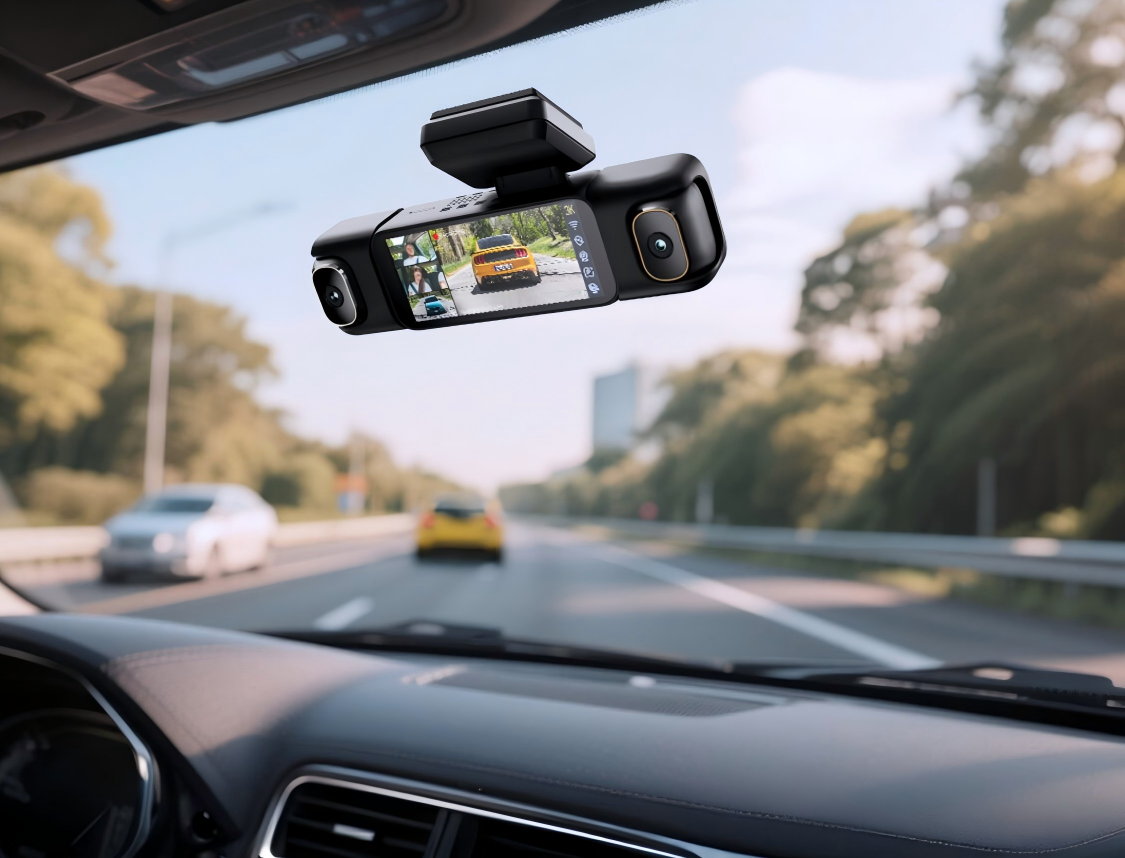

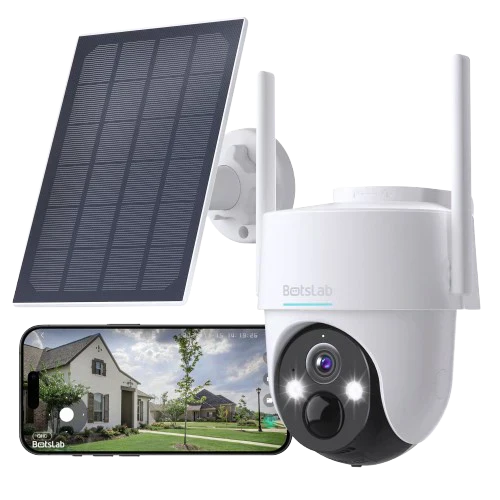
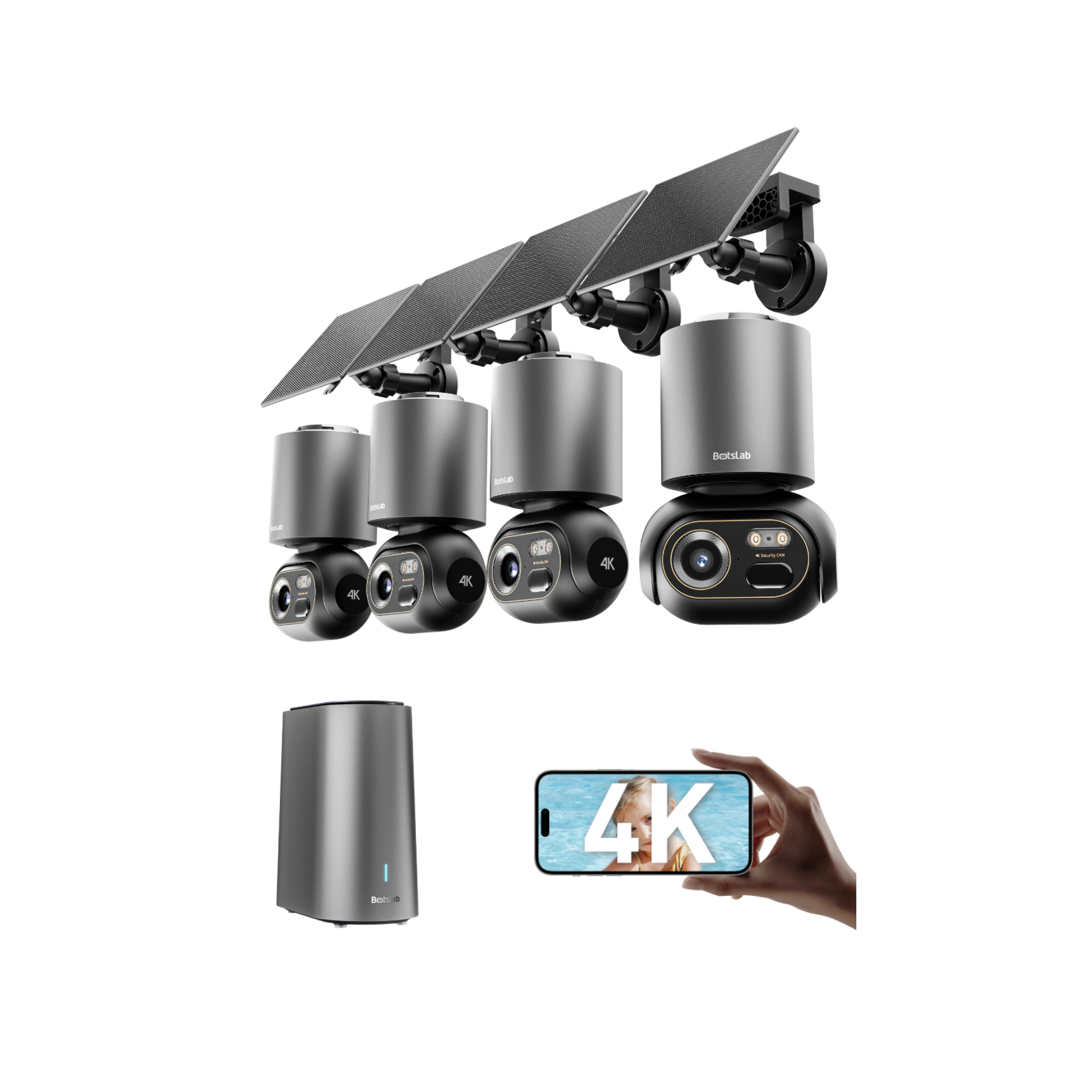
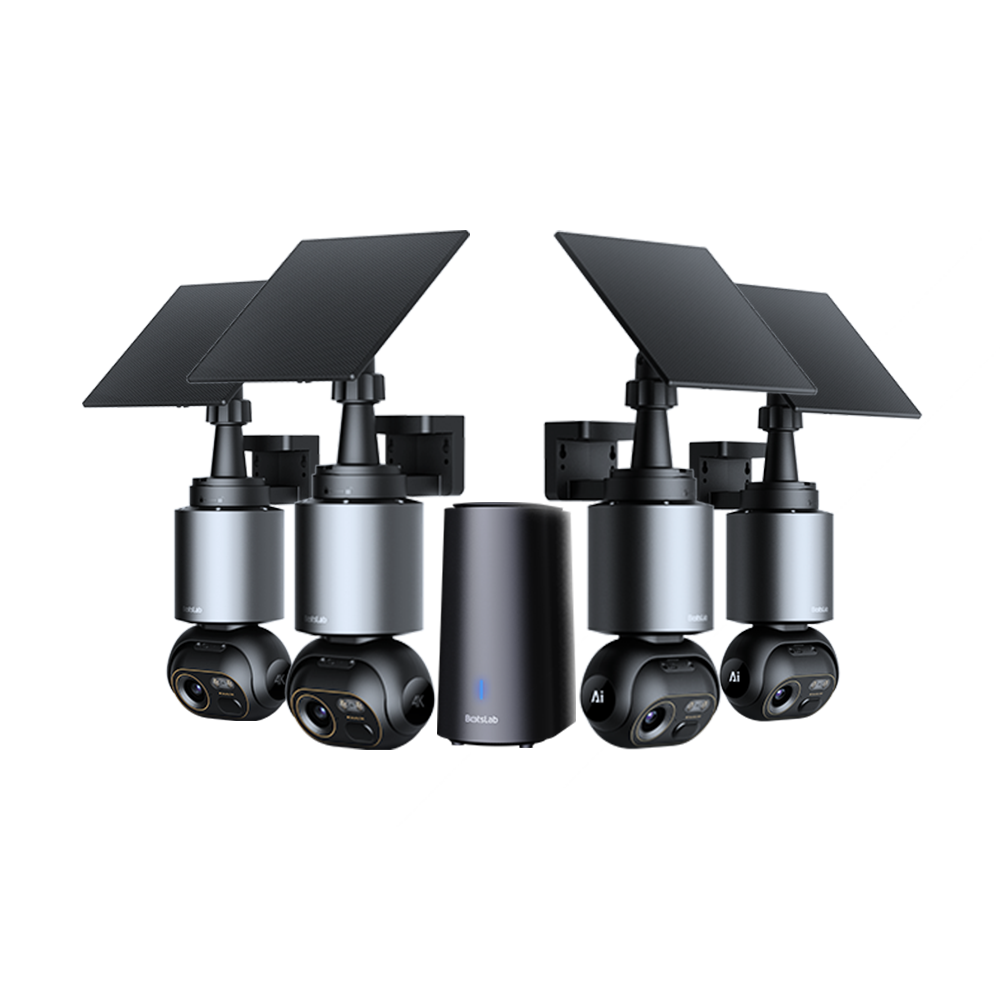
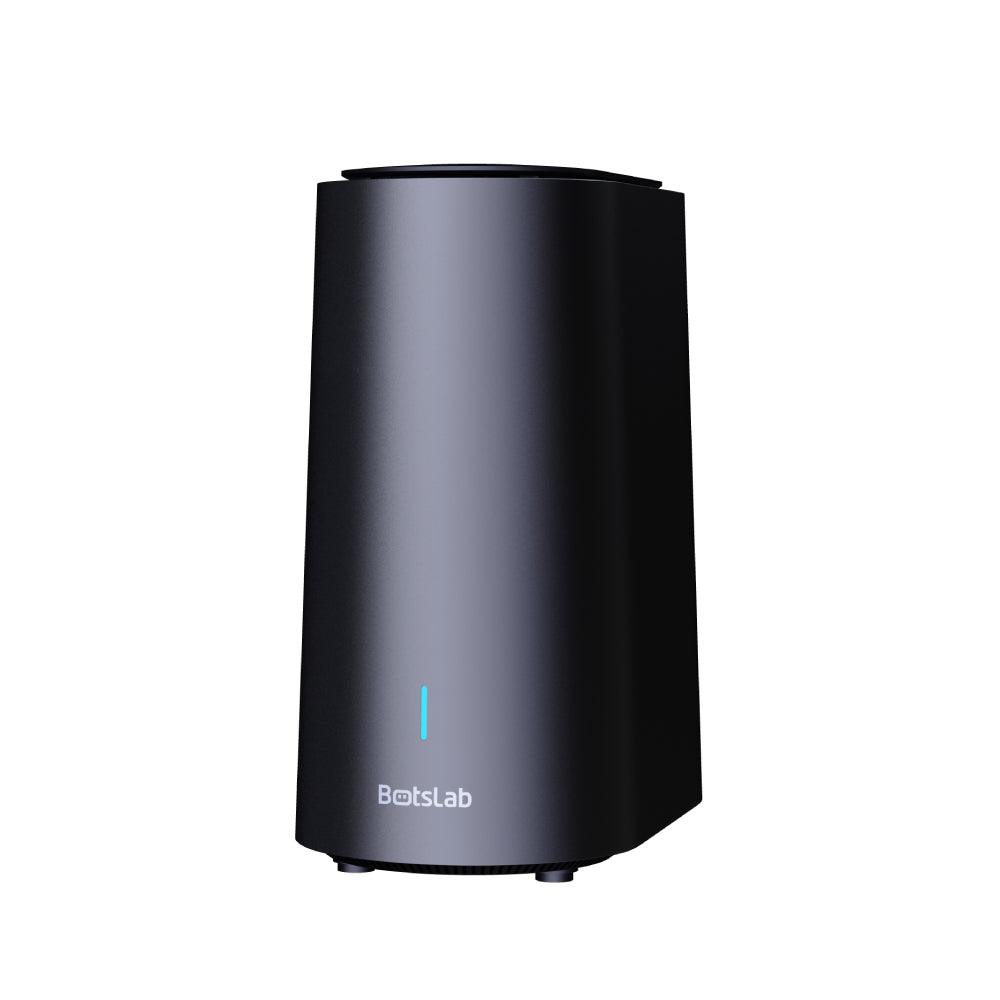
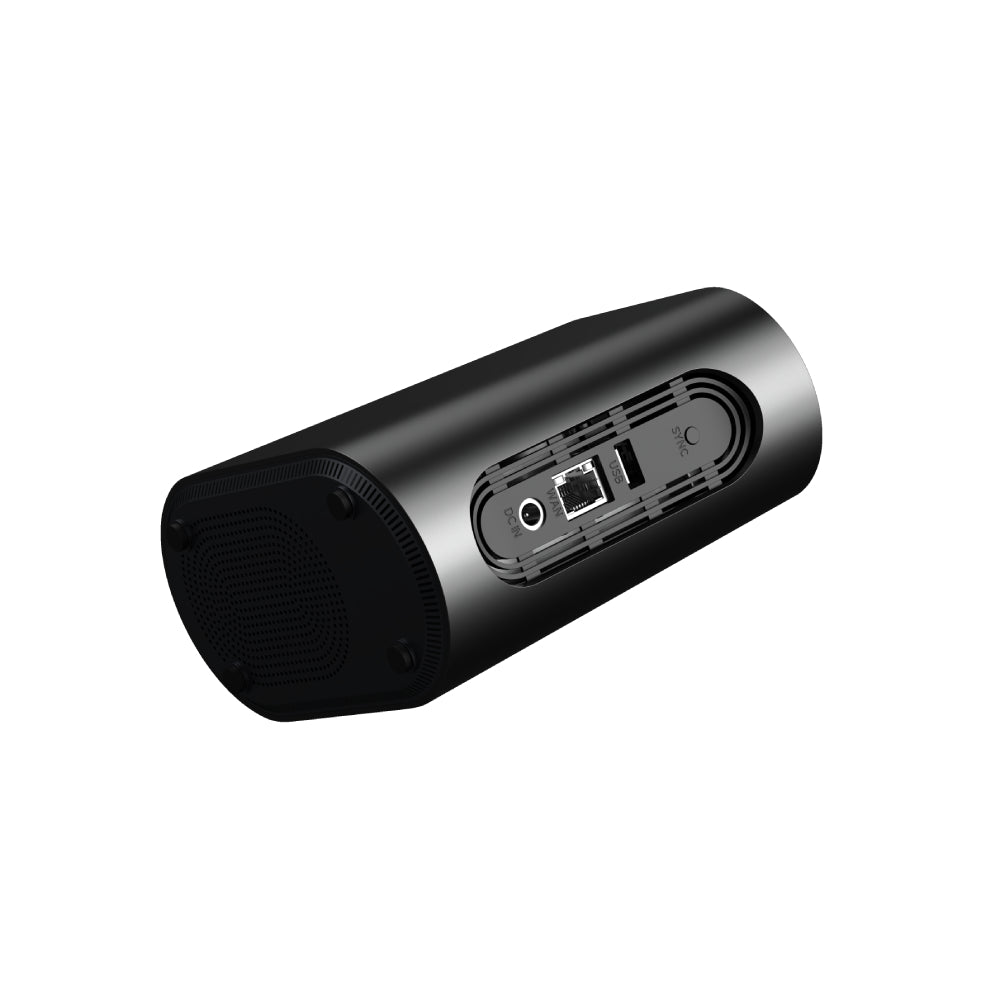
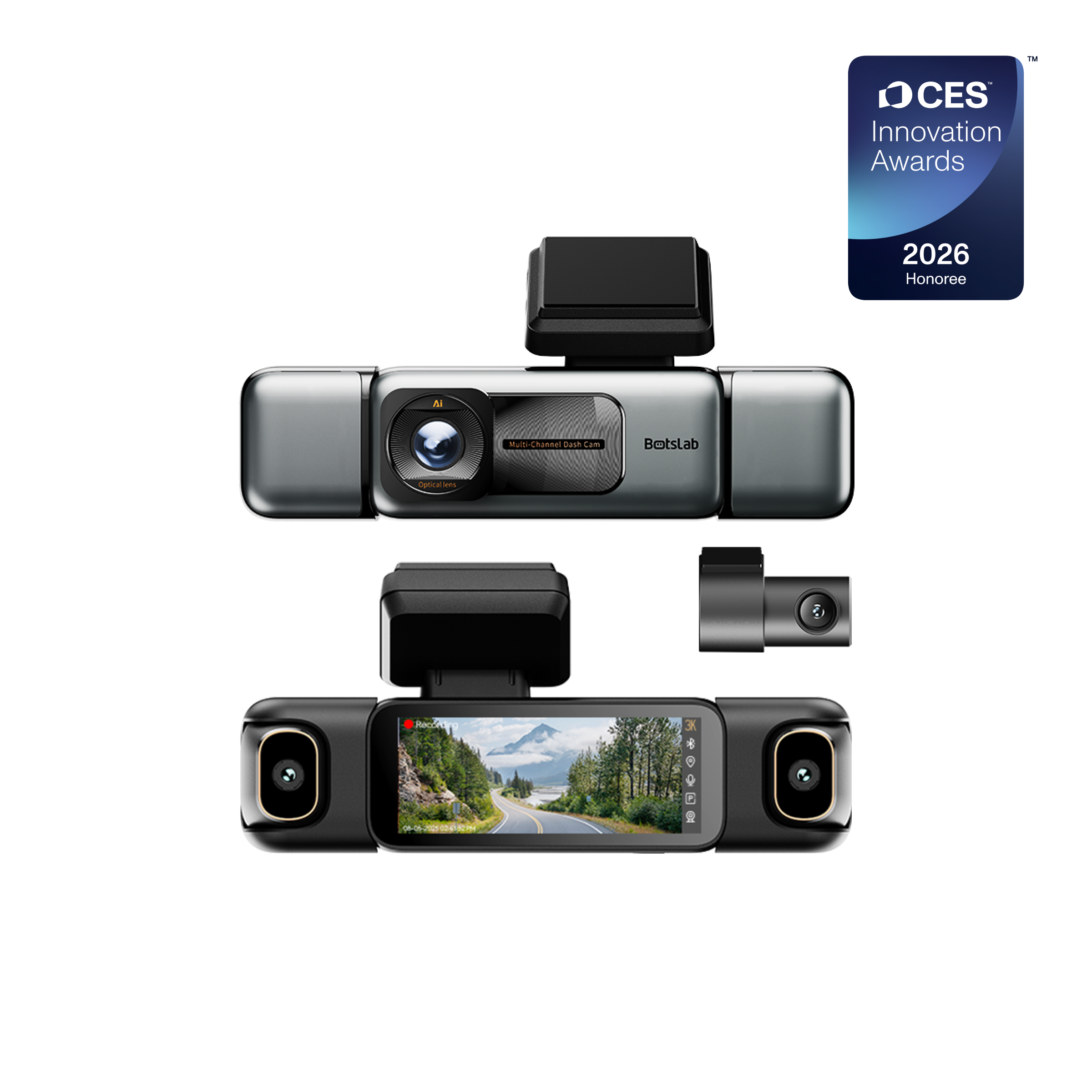
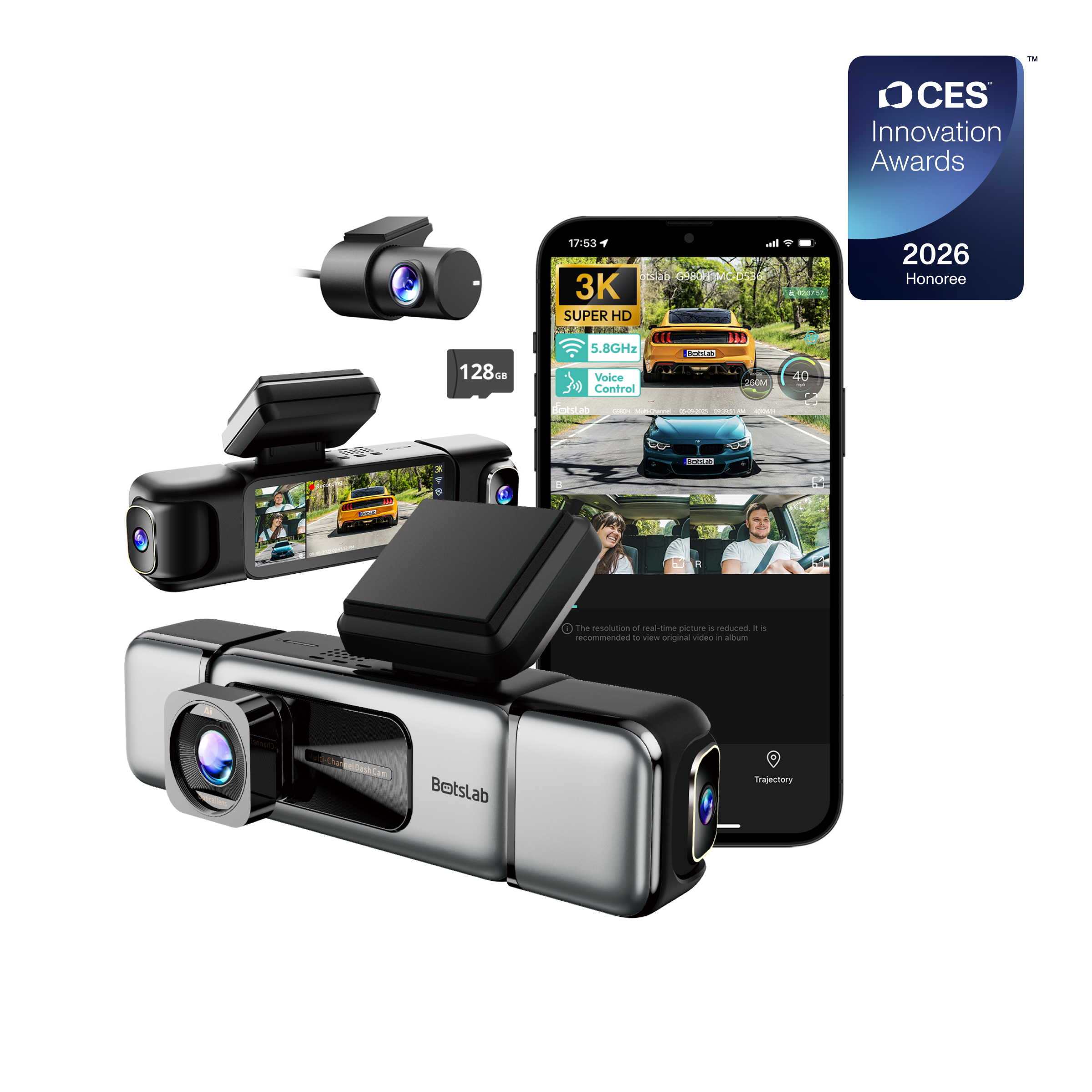
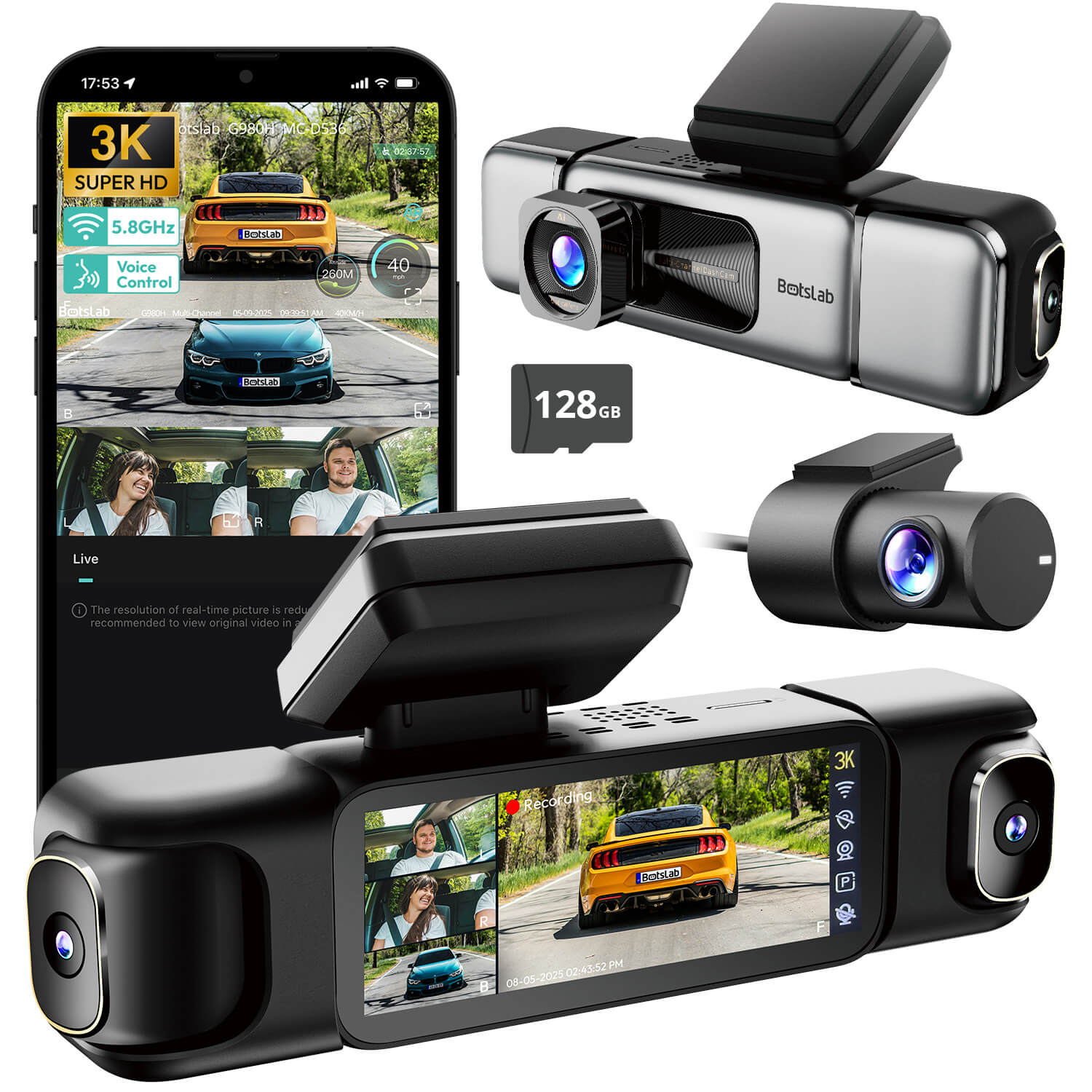
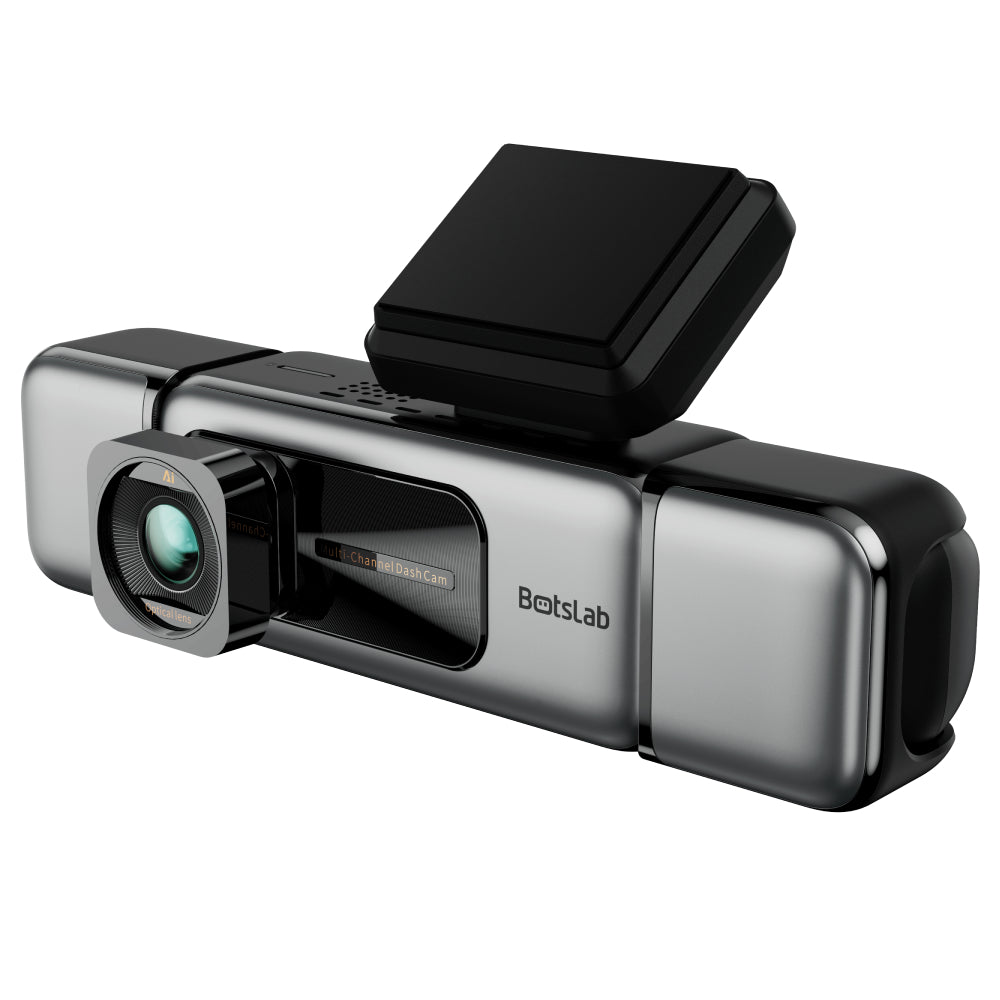
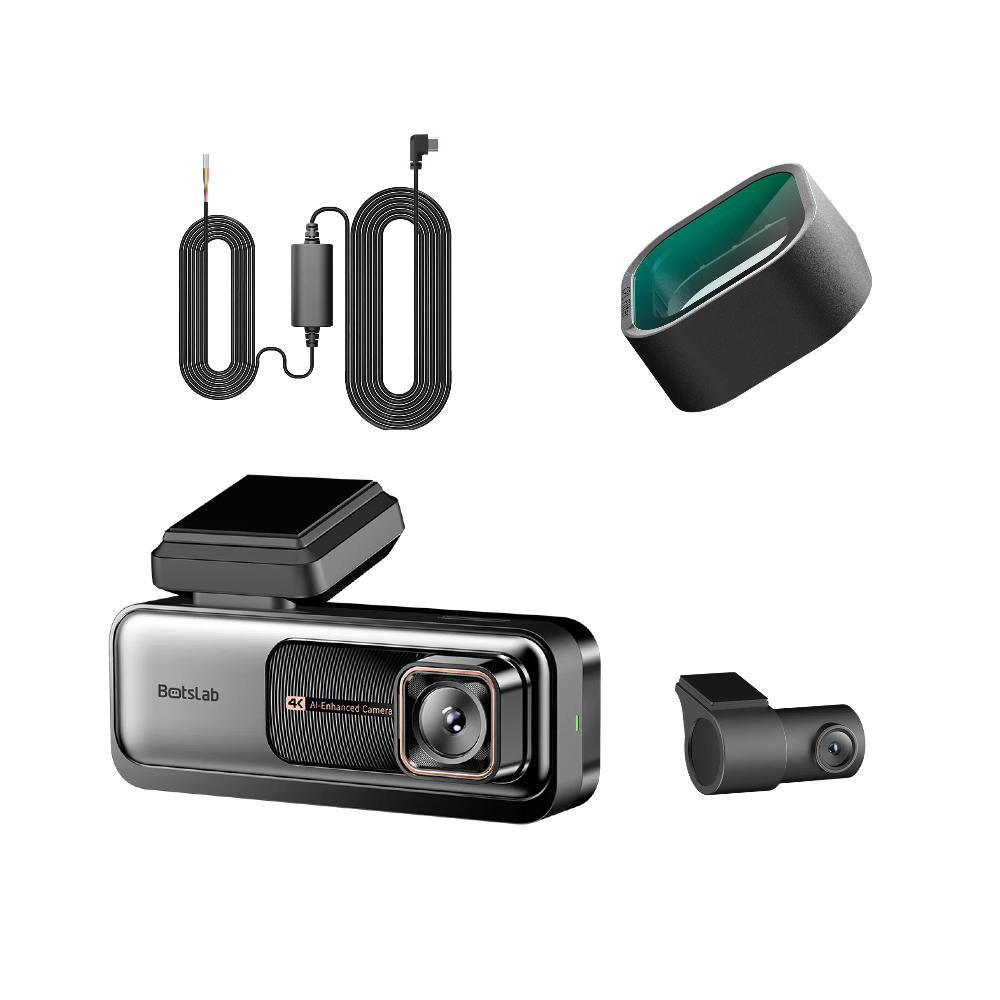
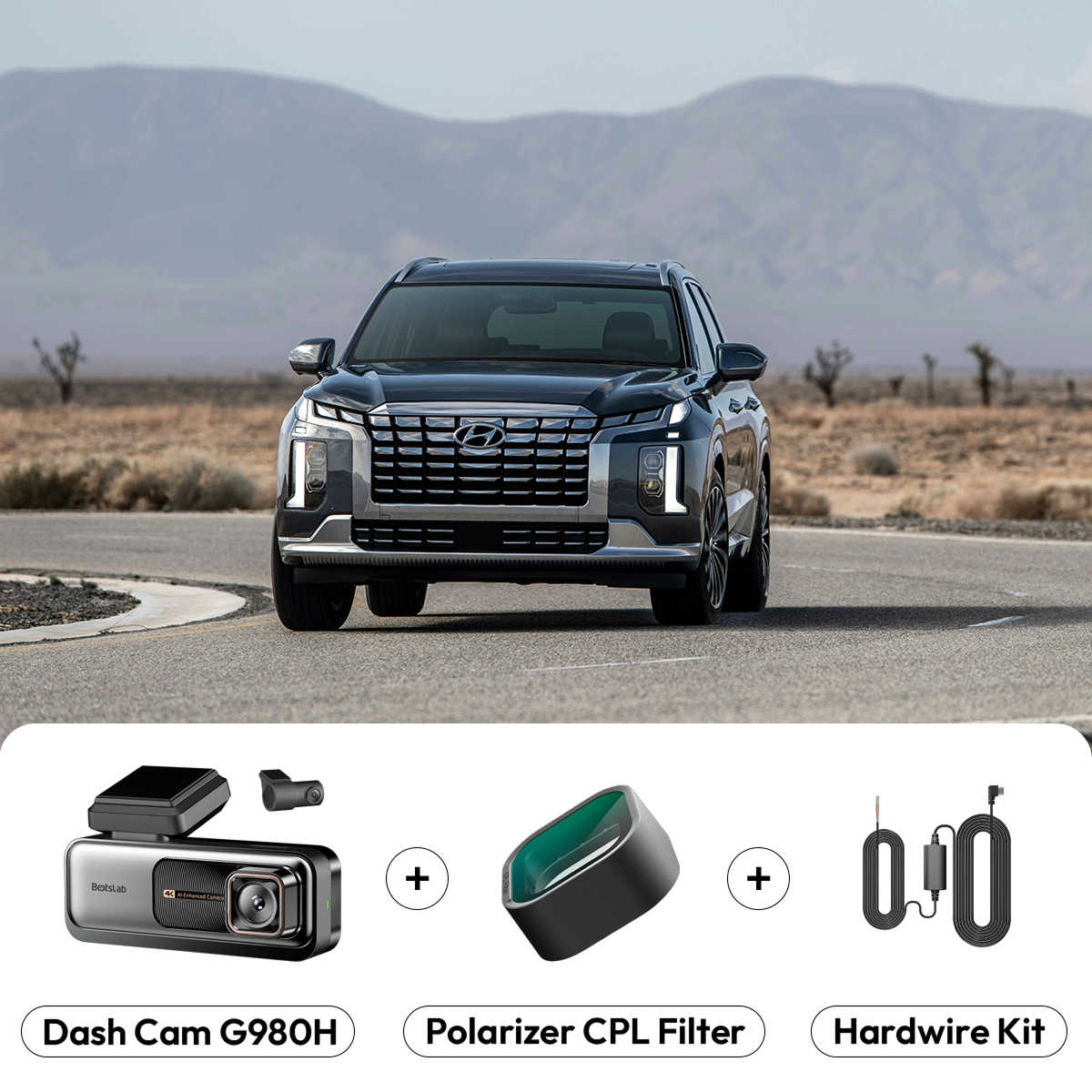
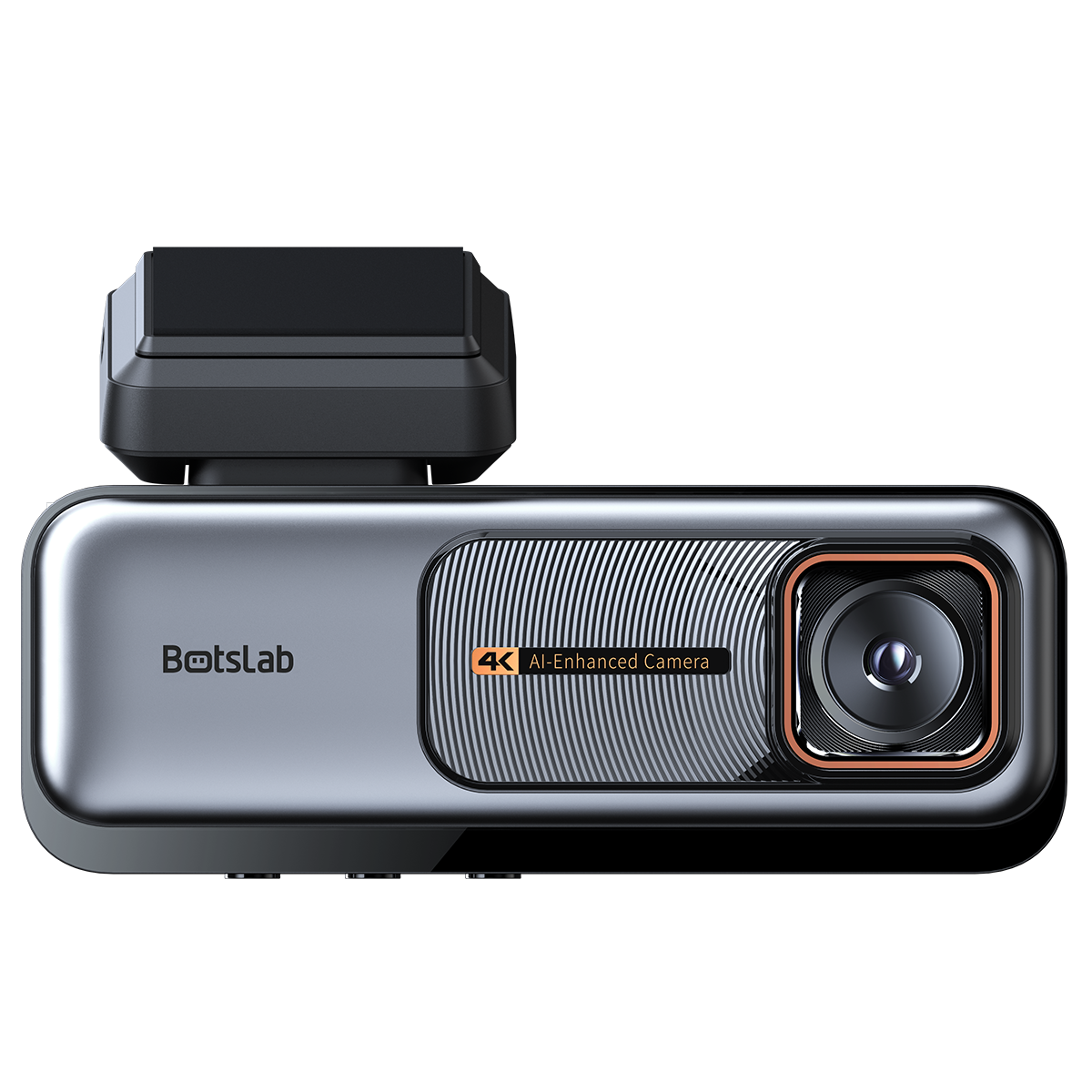
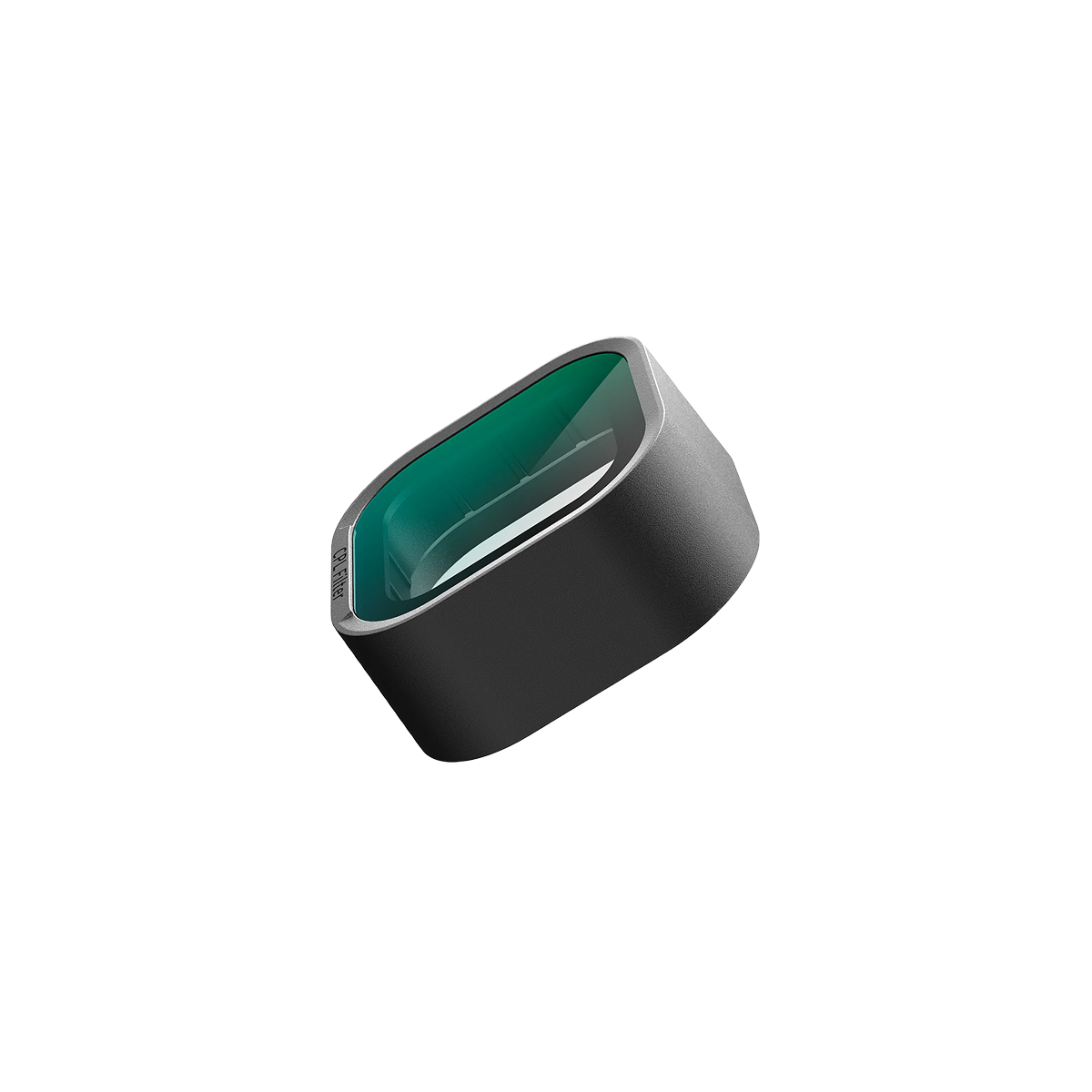
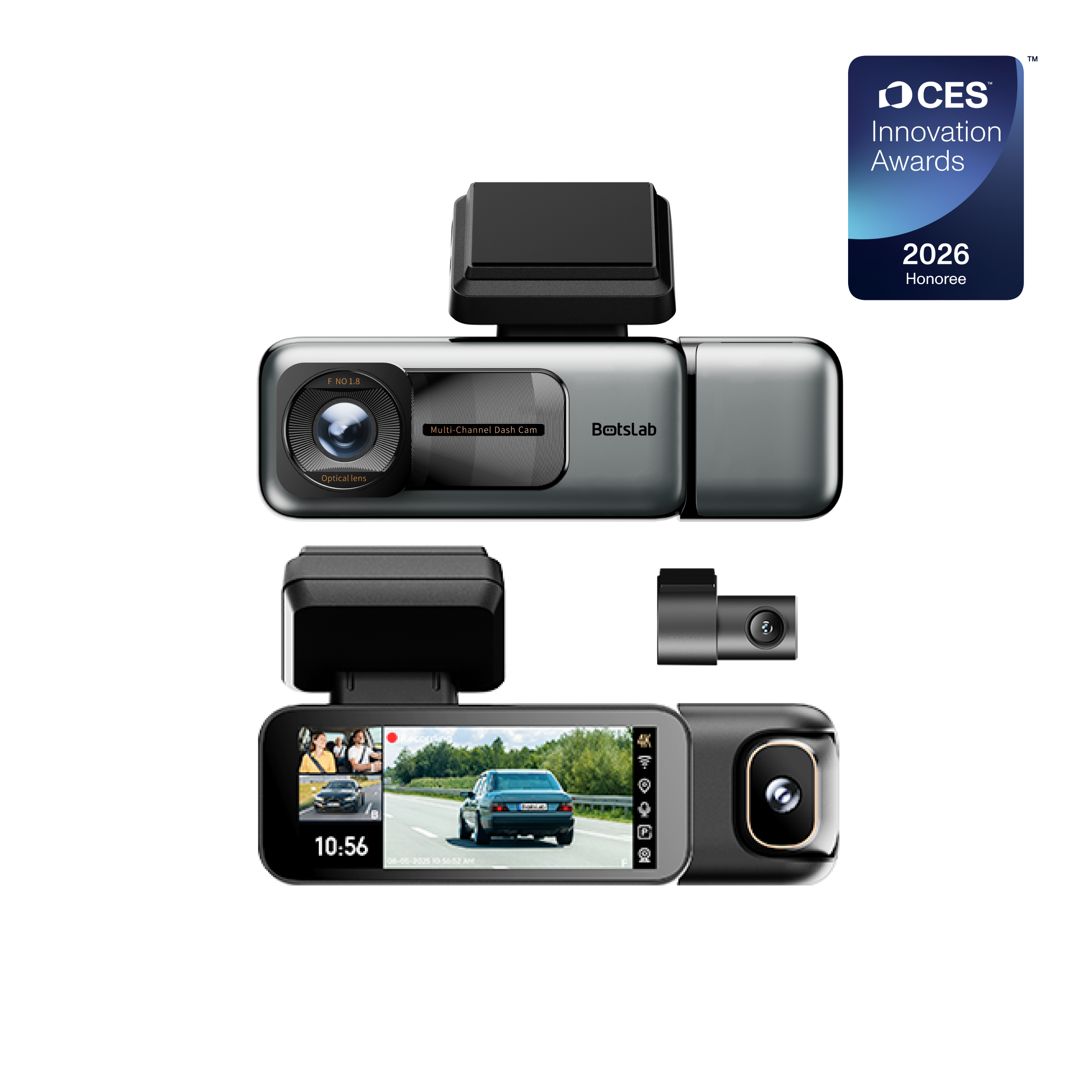
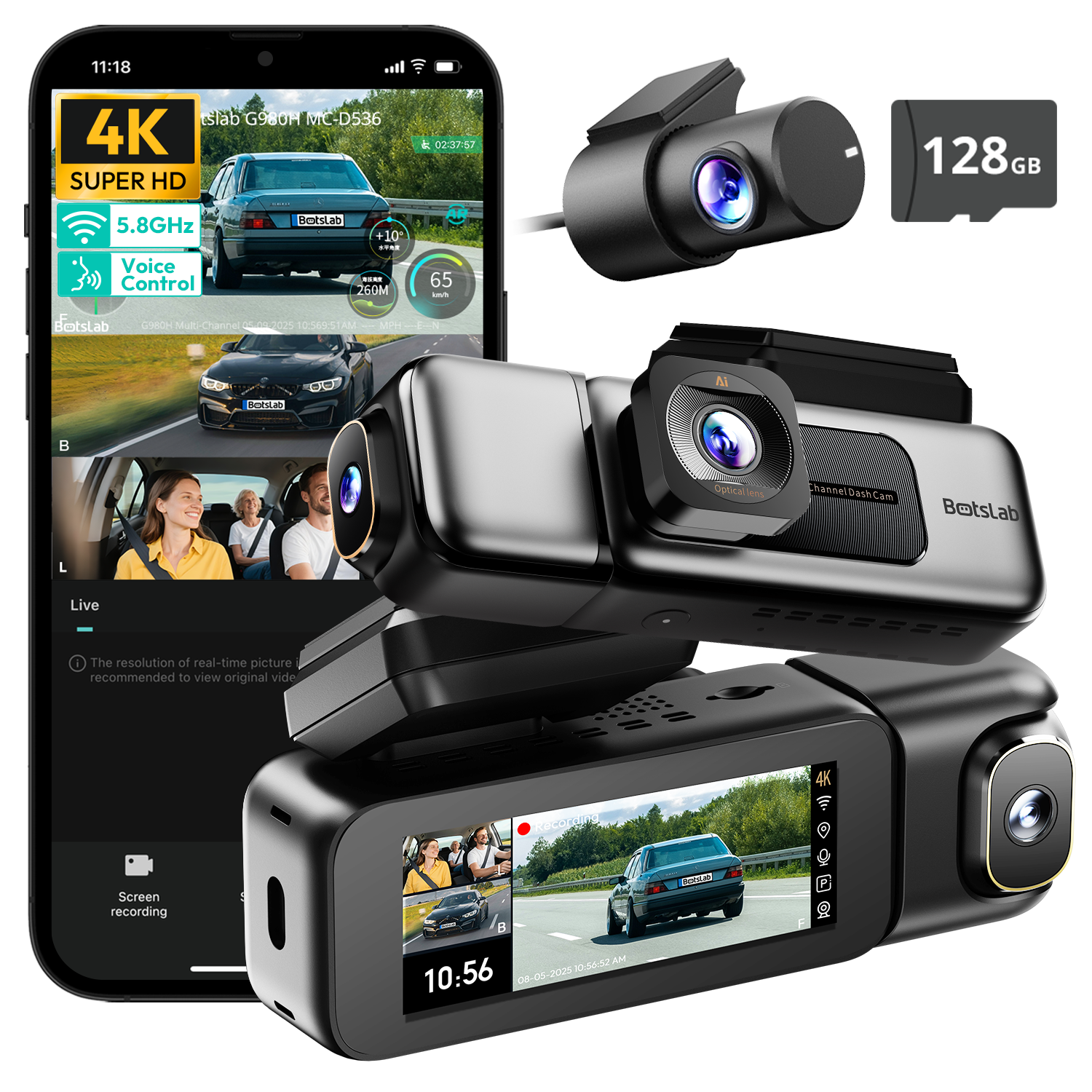
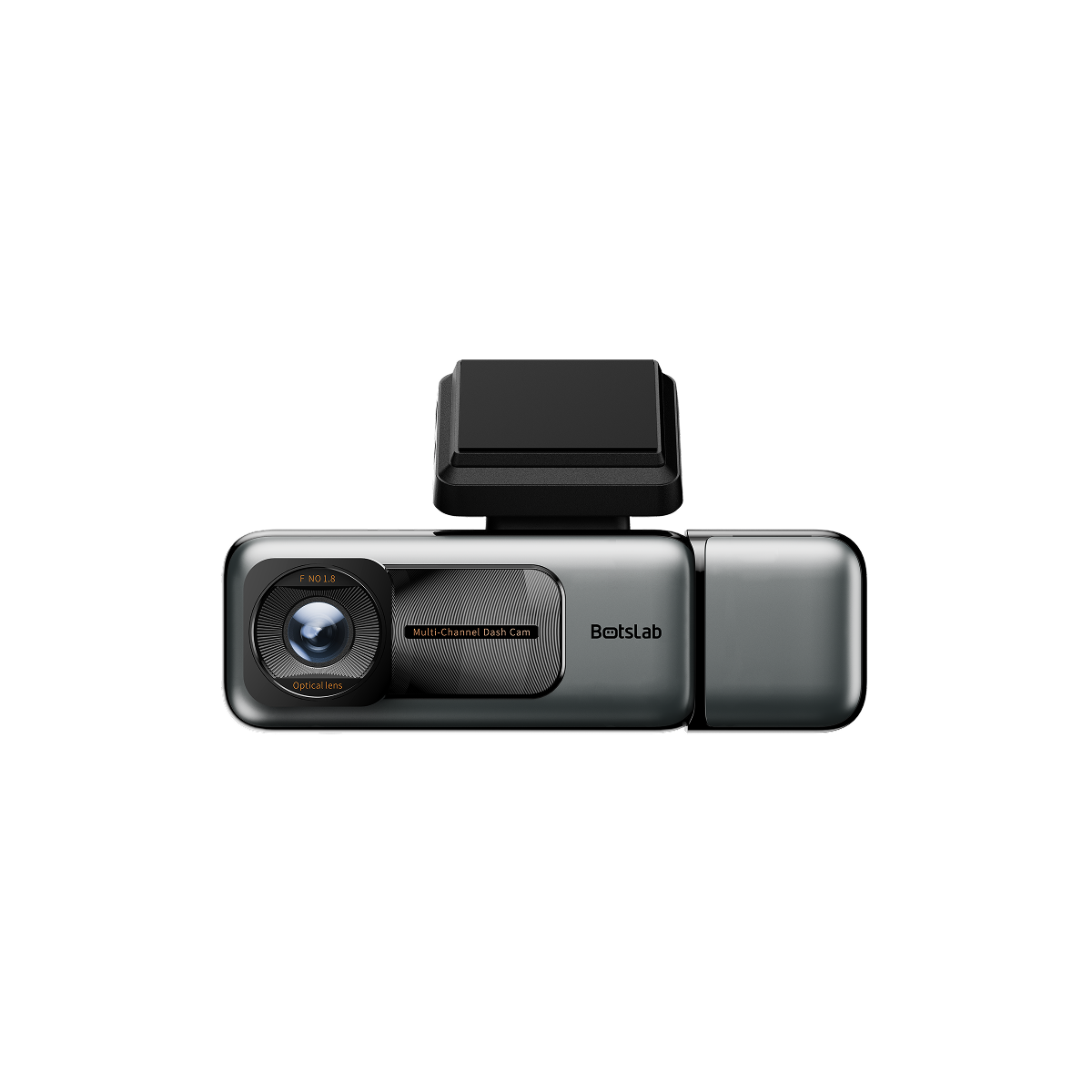
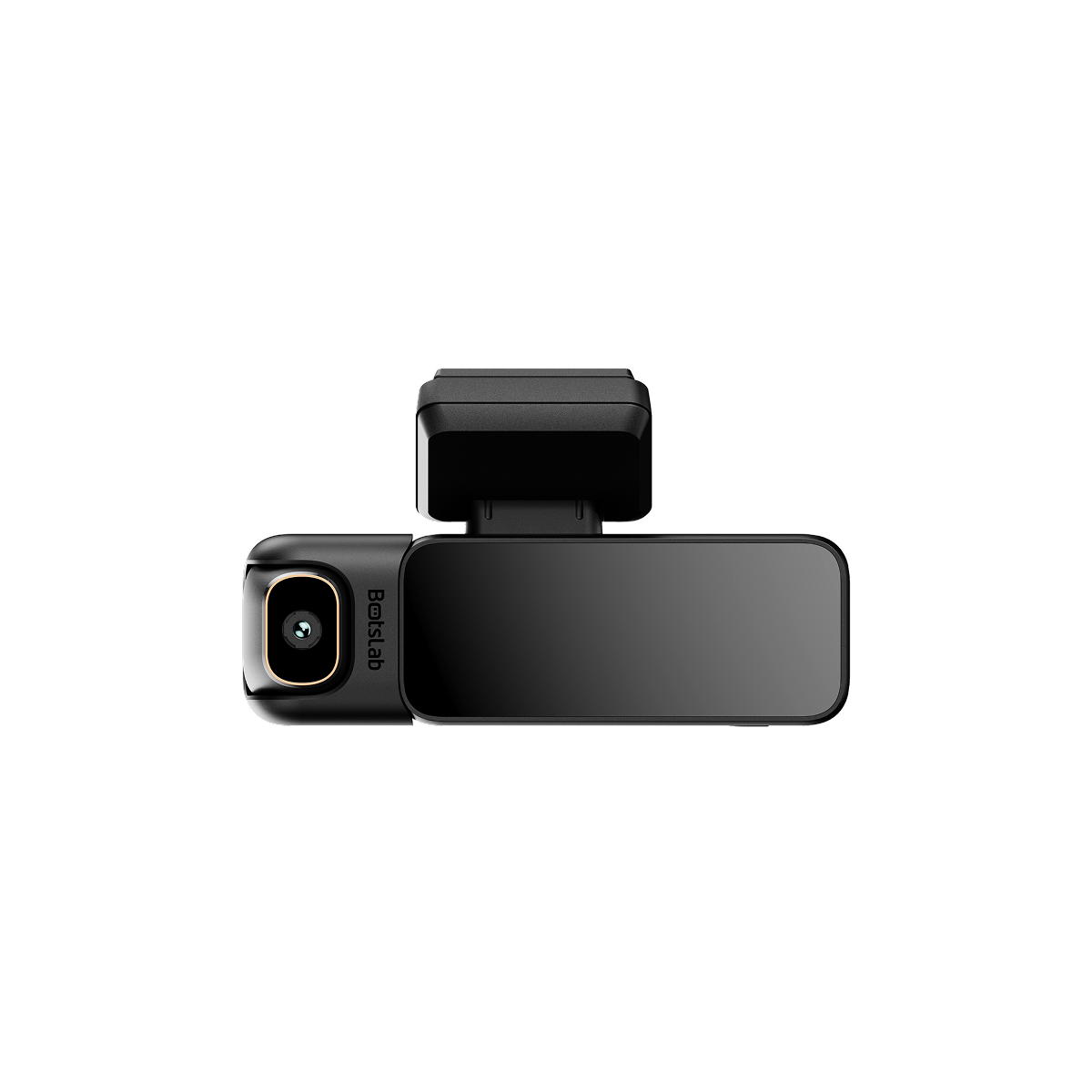
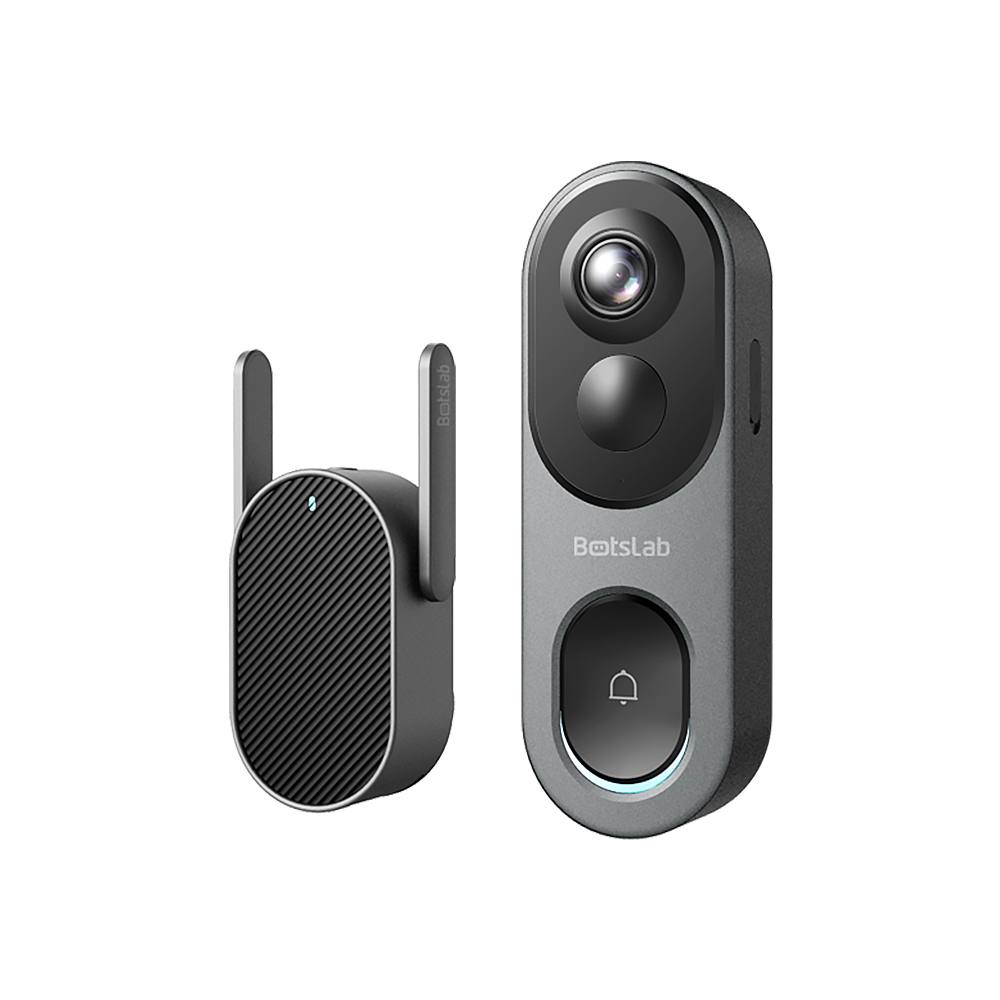


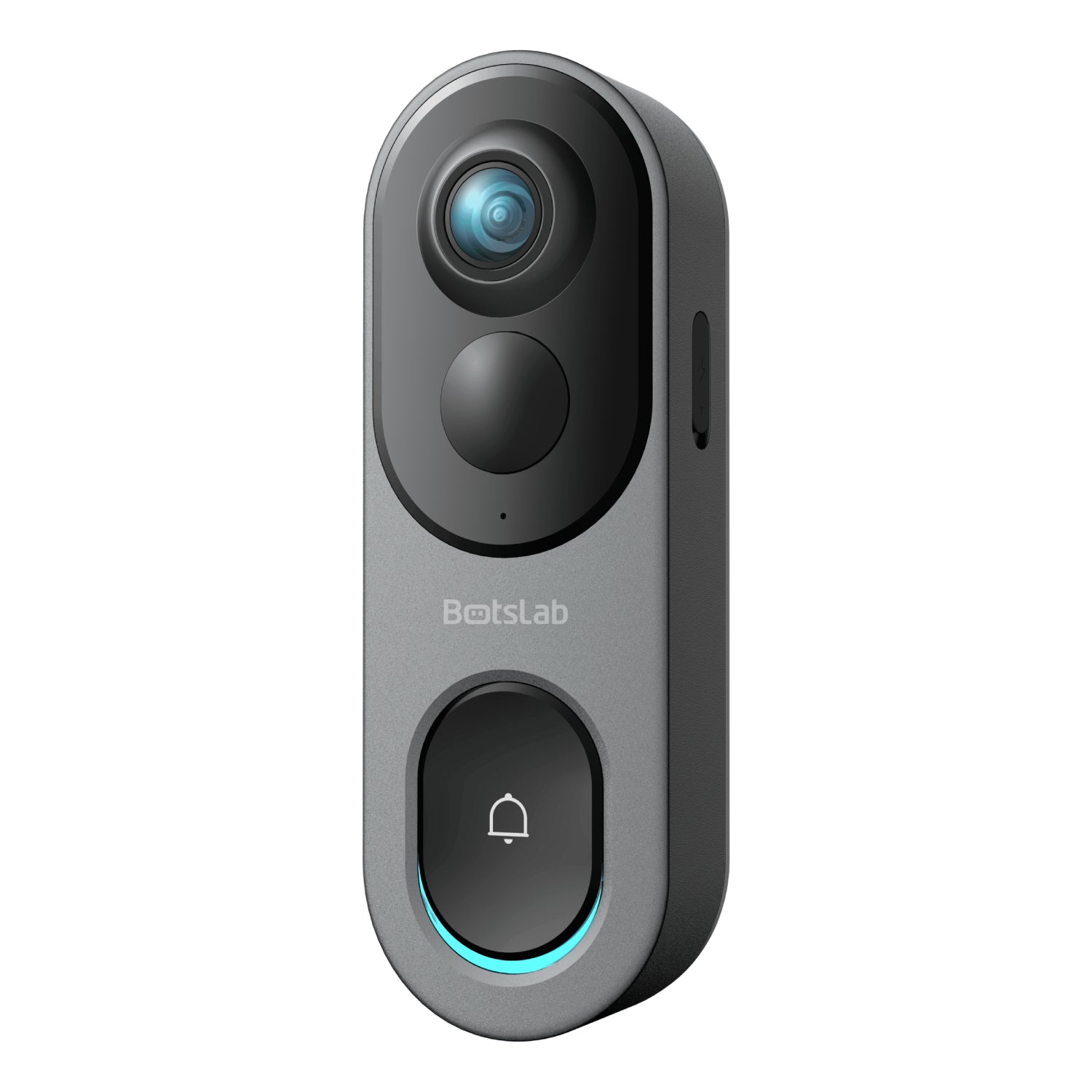
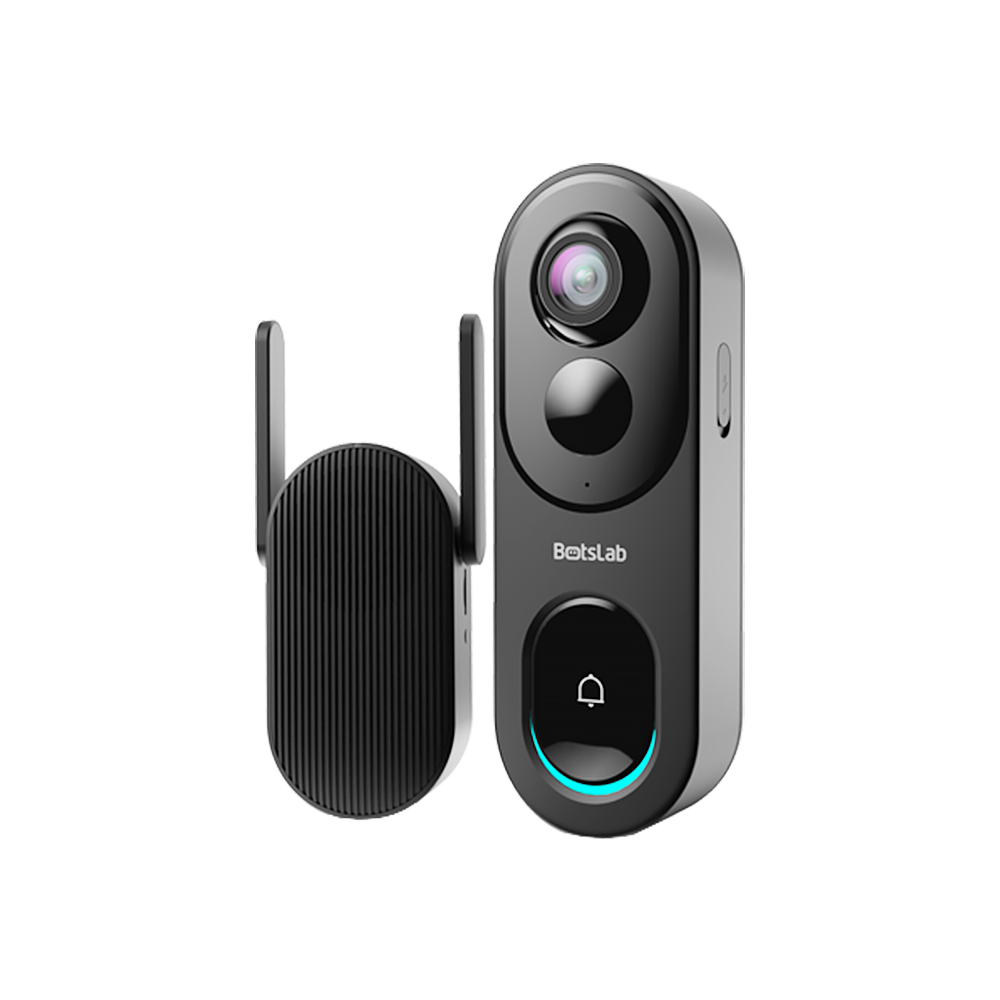
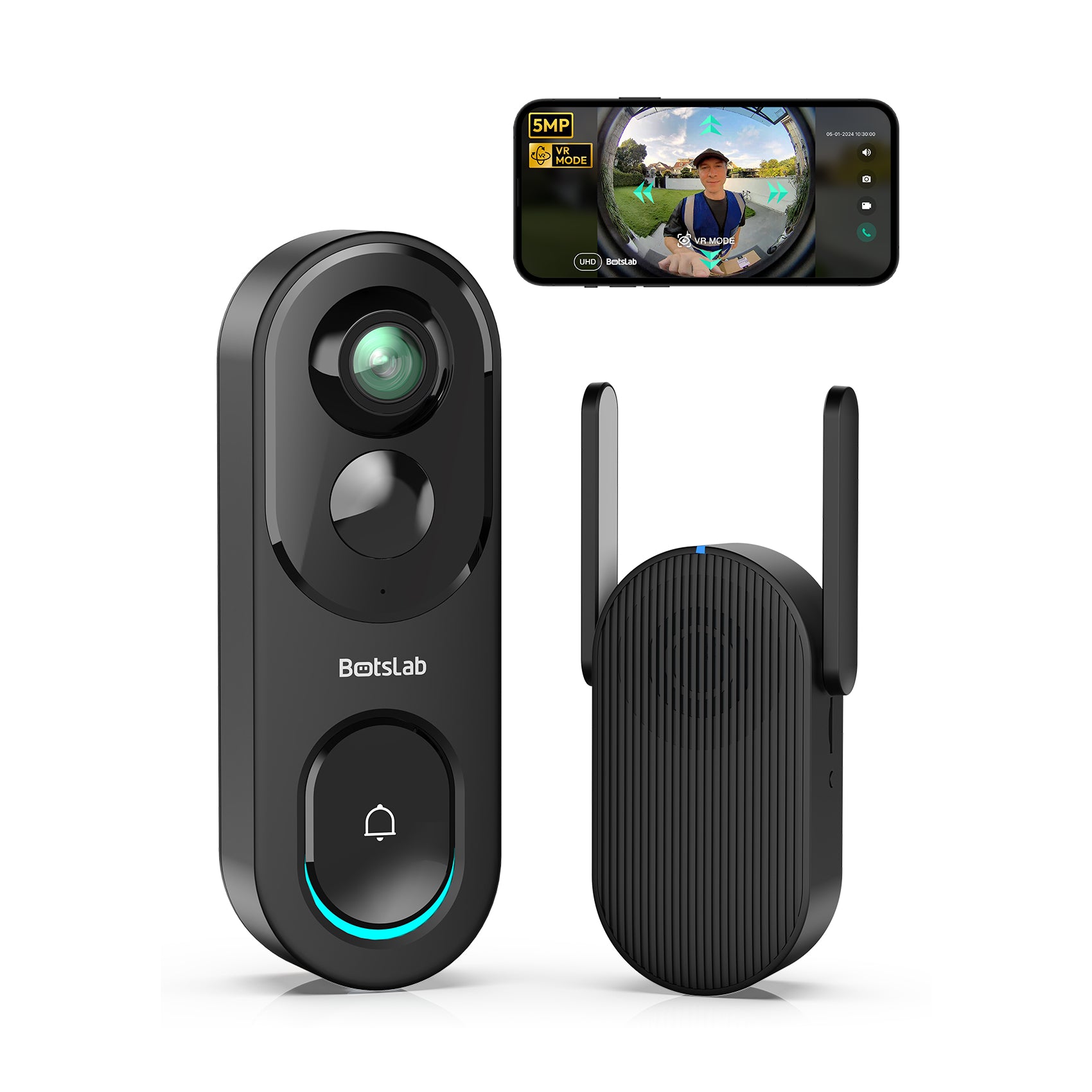
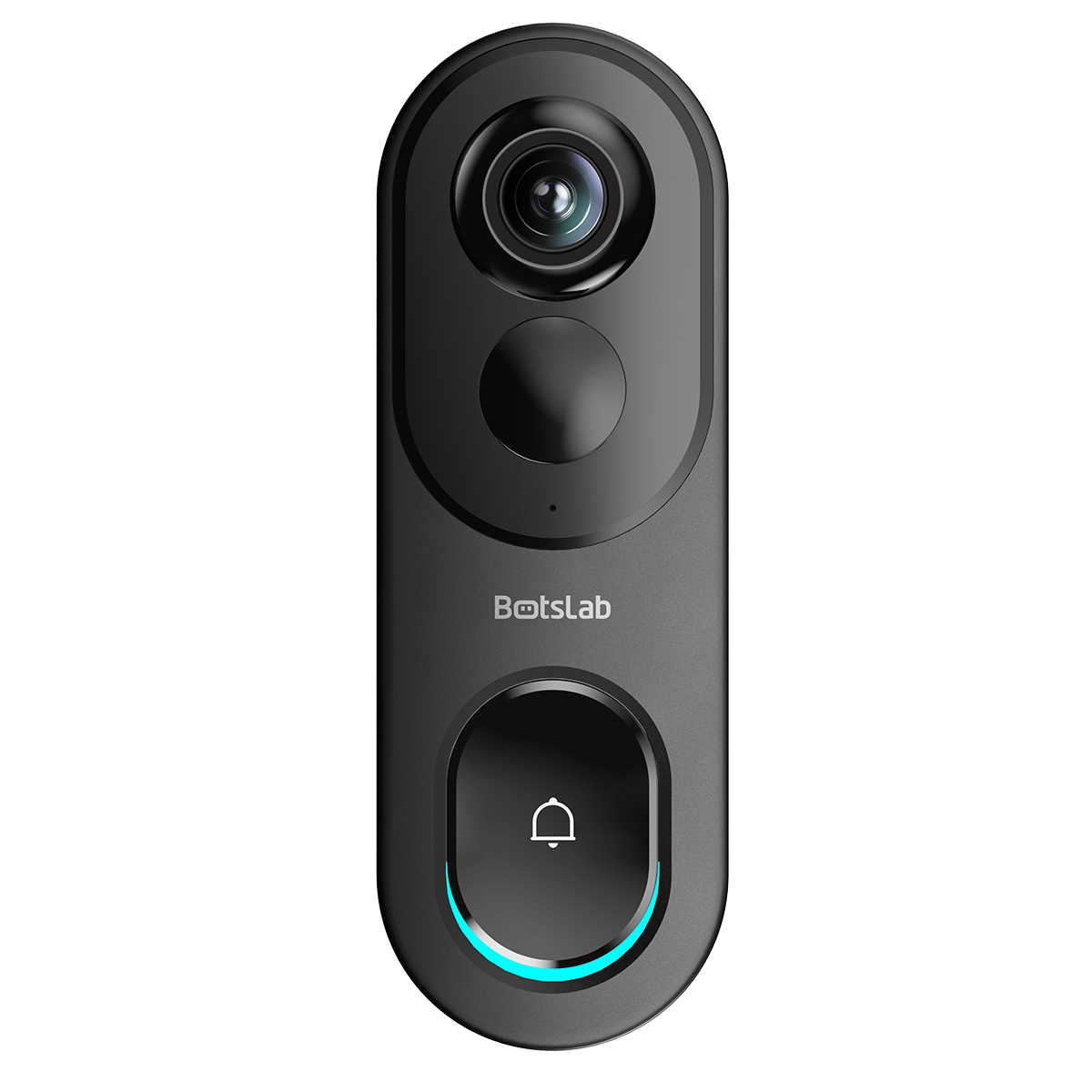
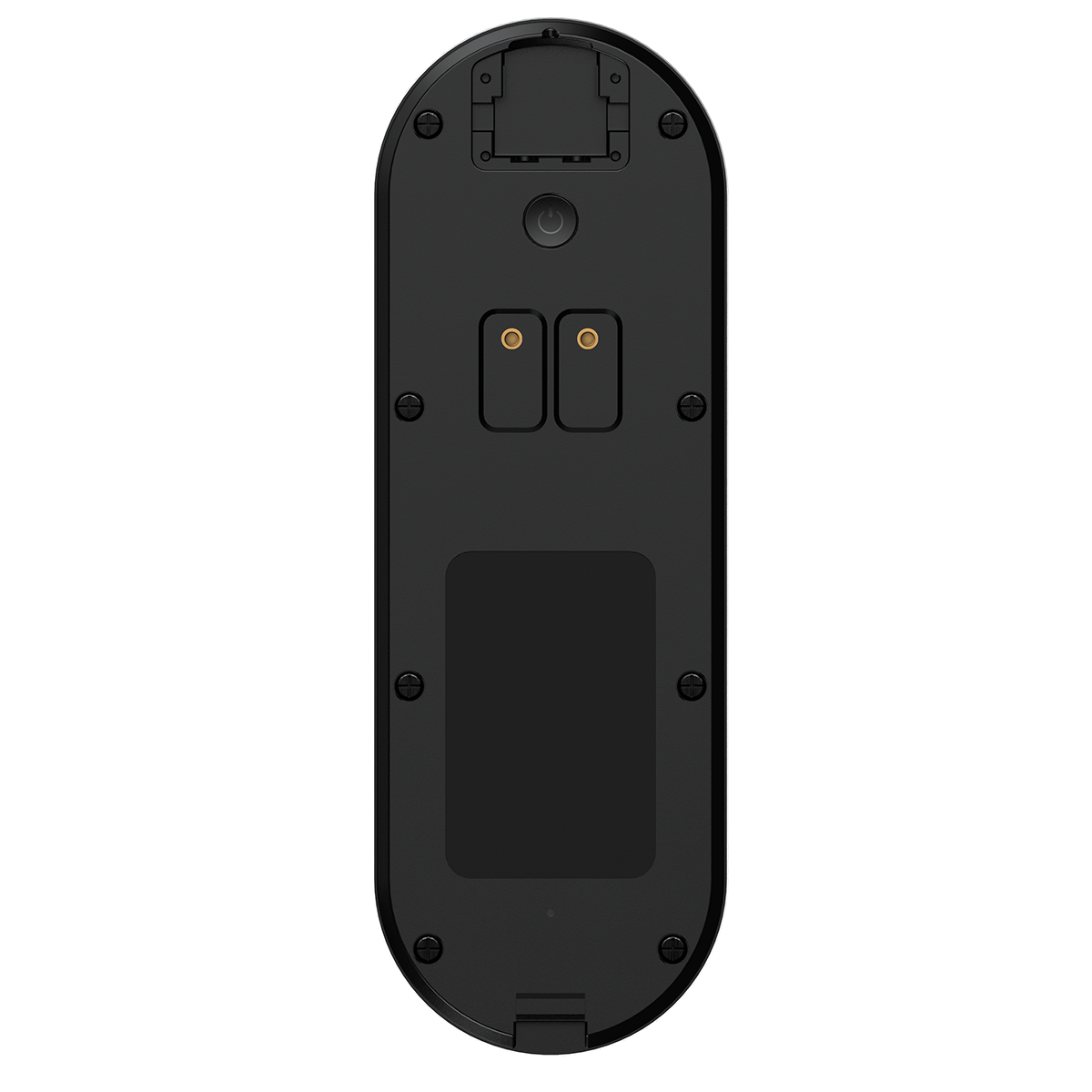
Partager:
Les 10 meilleures caméras embarquées économiques pour les chauffeurs Uber en 2025
Les meilleures caméras de sécurité 4K pour la maison en 2025